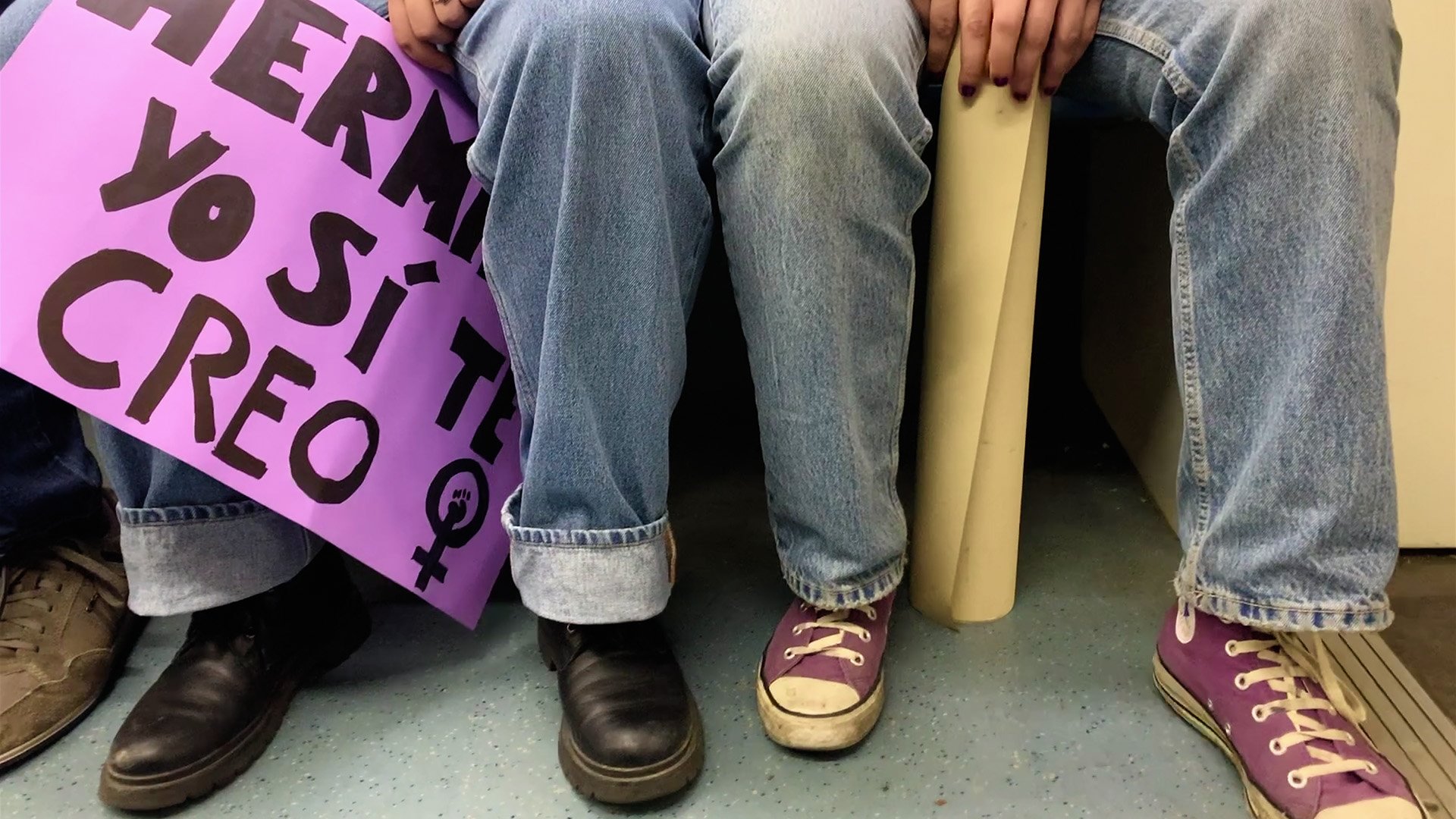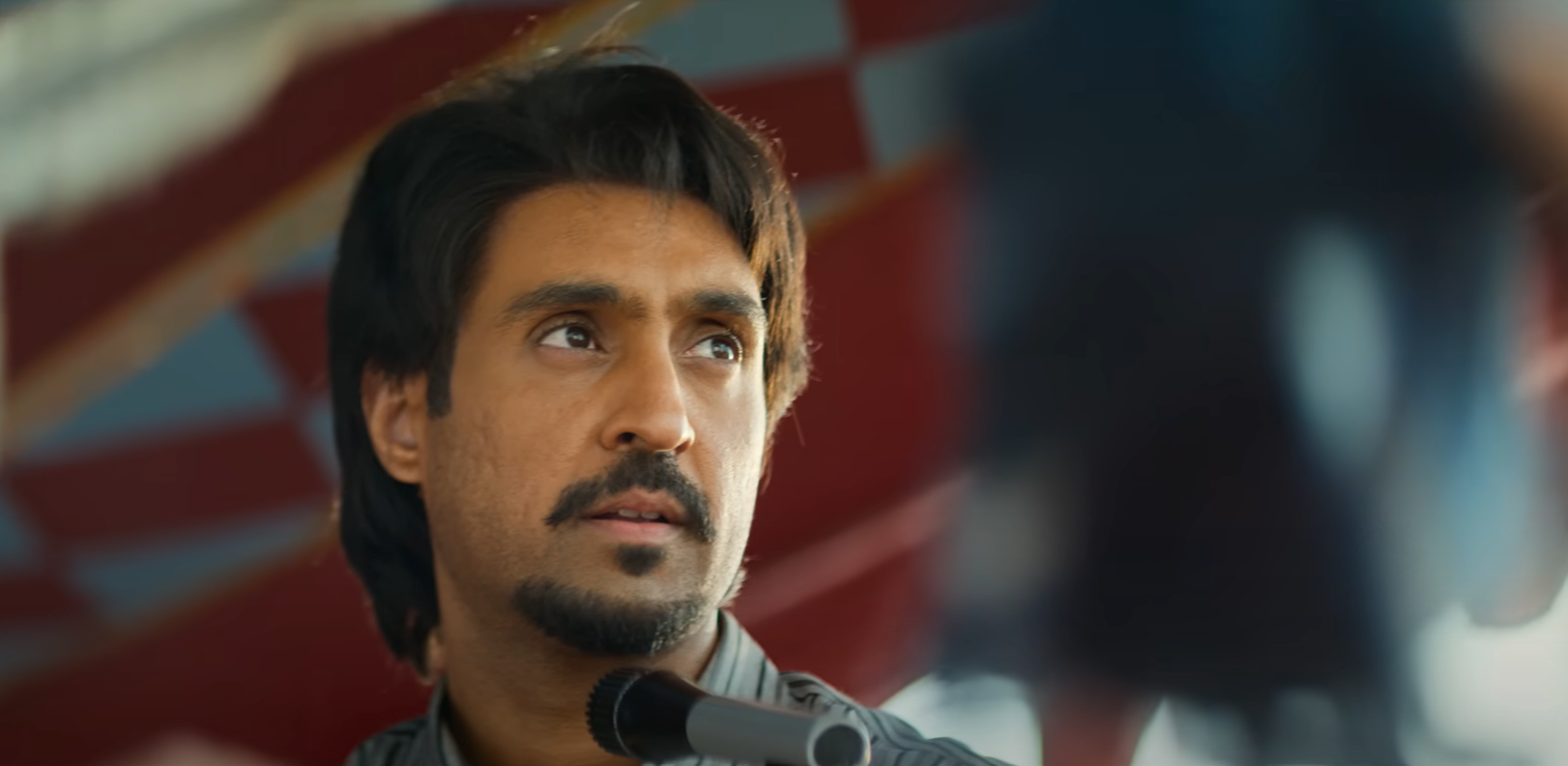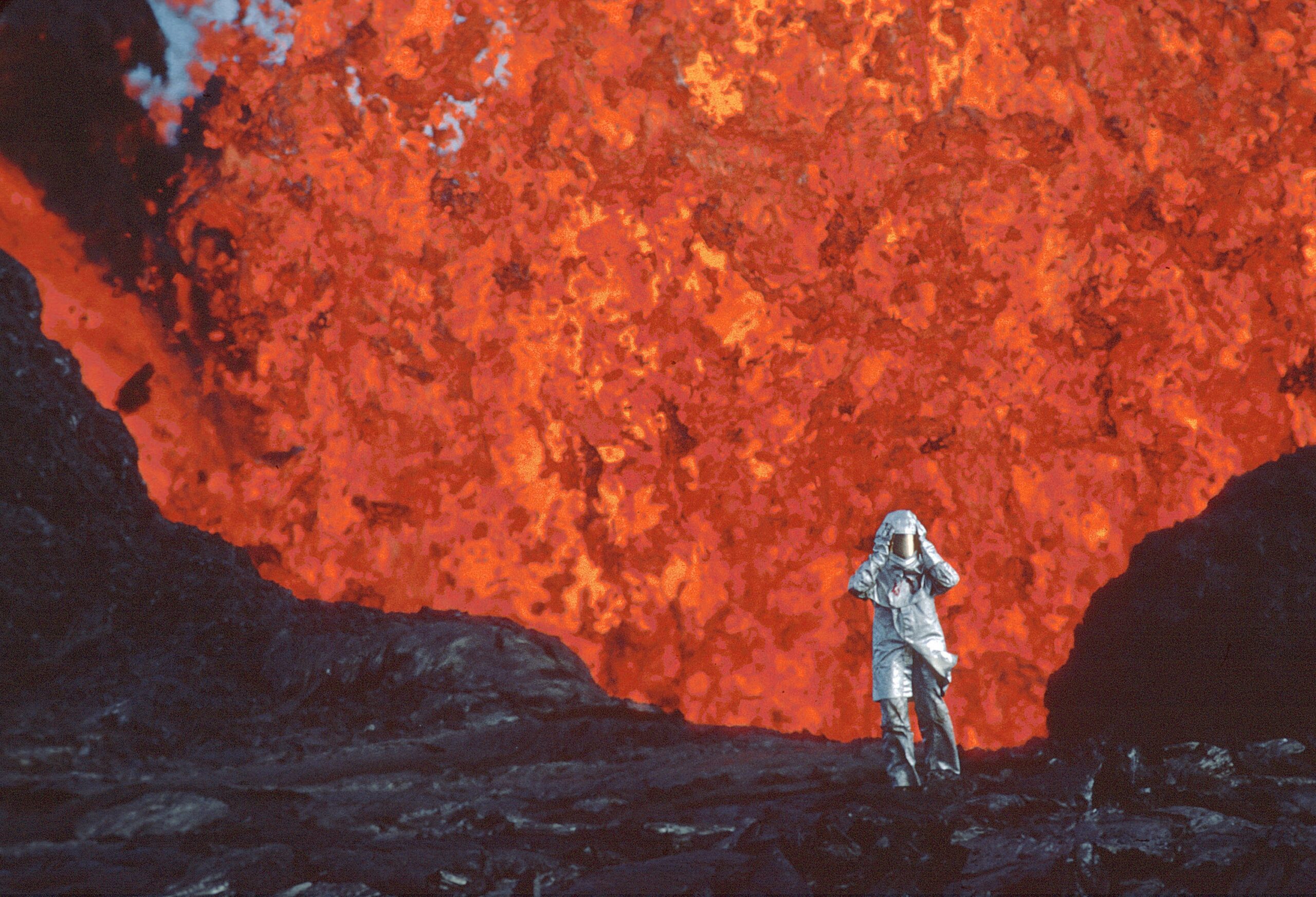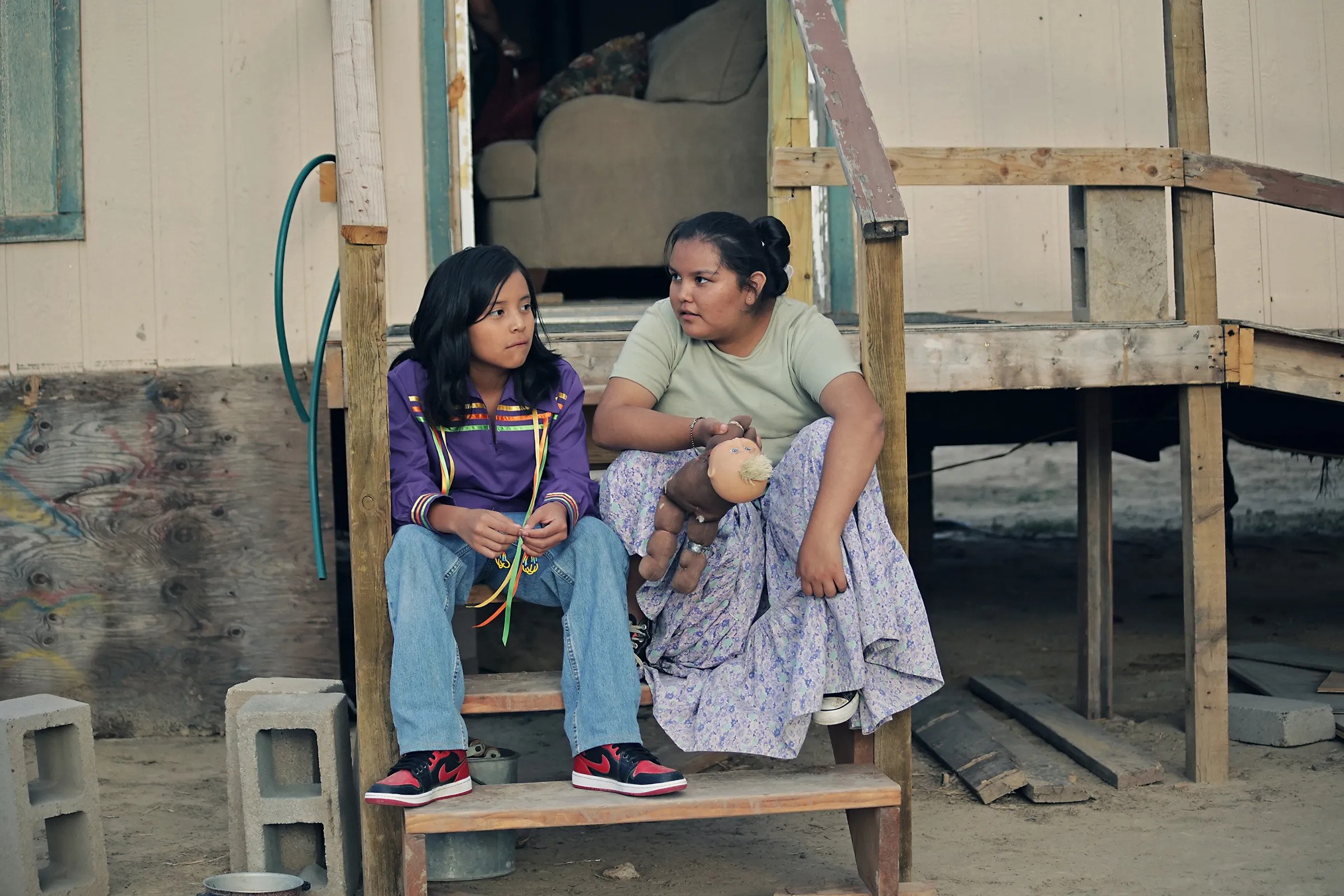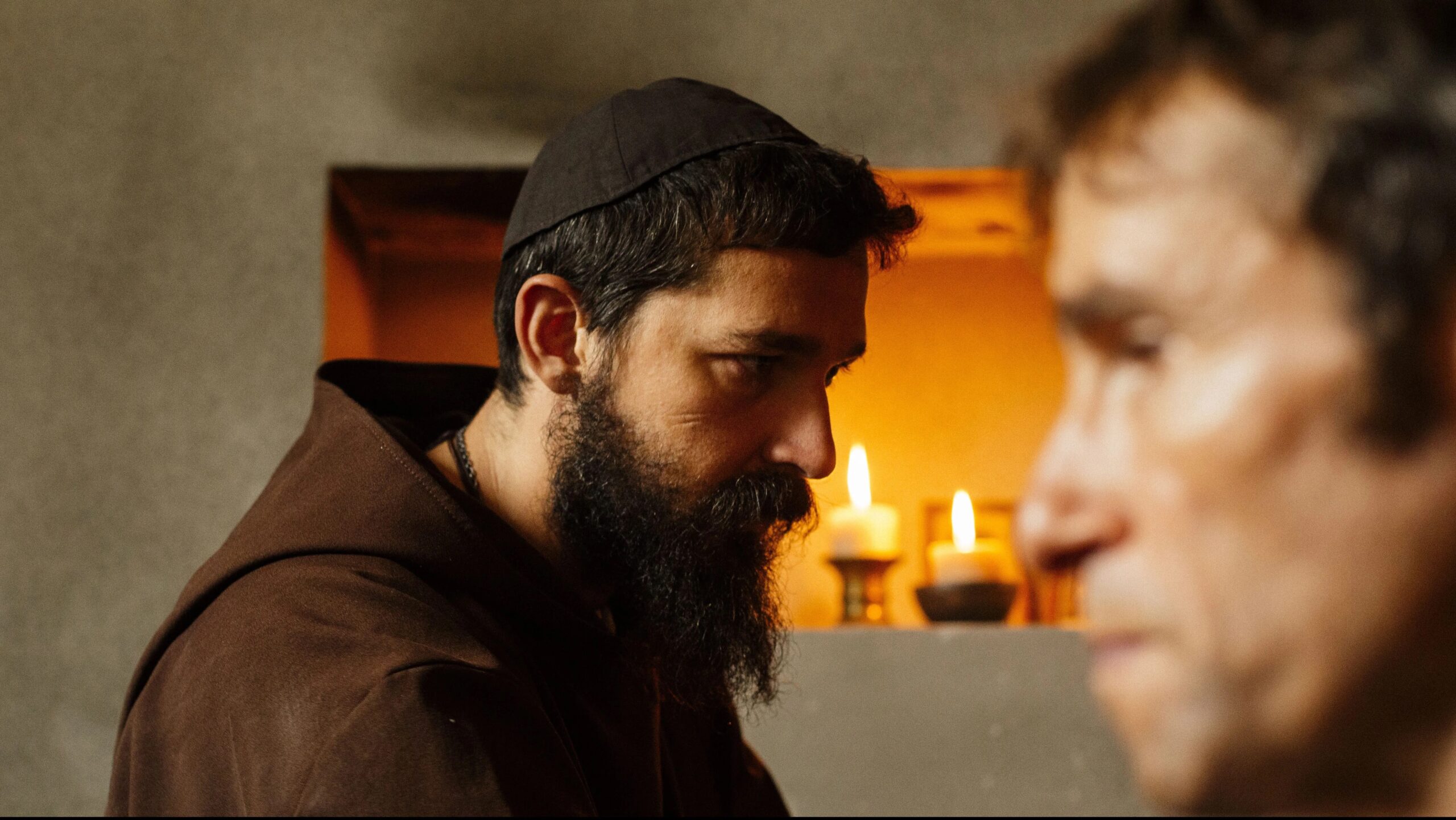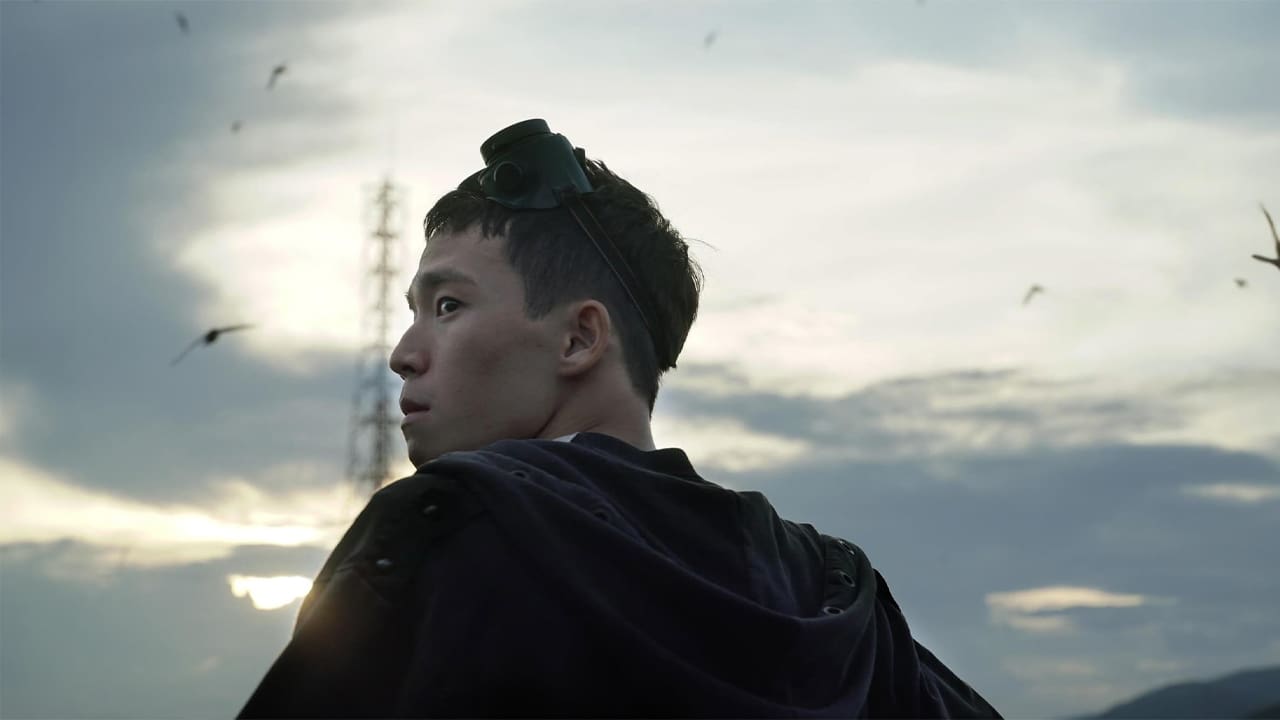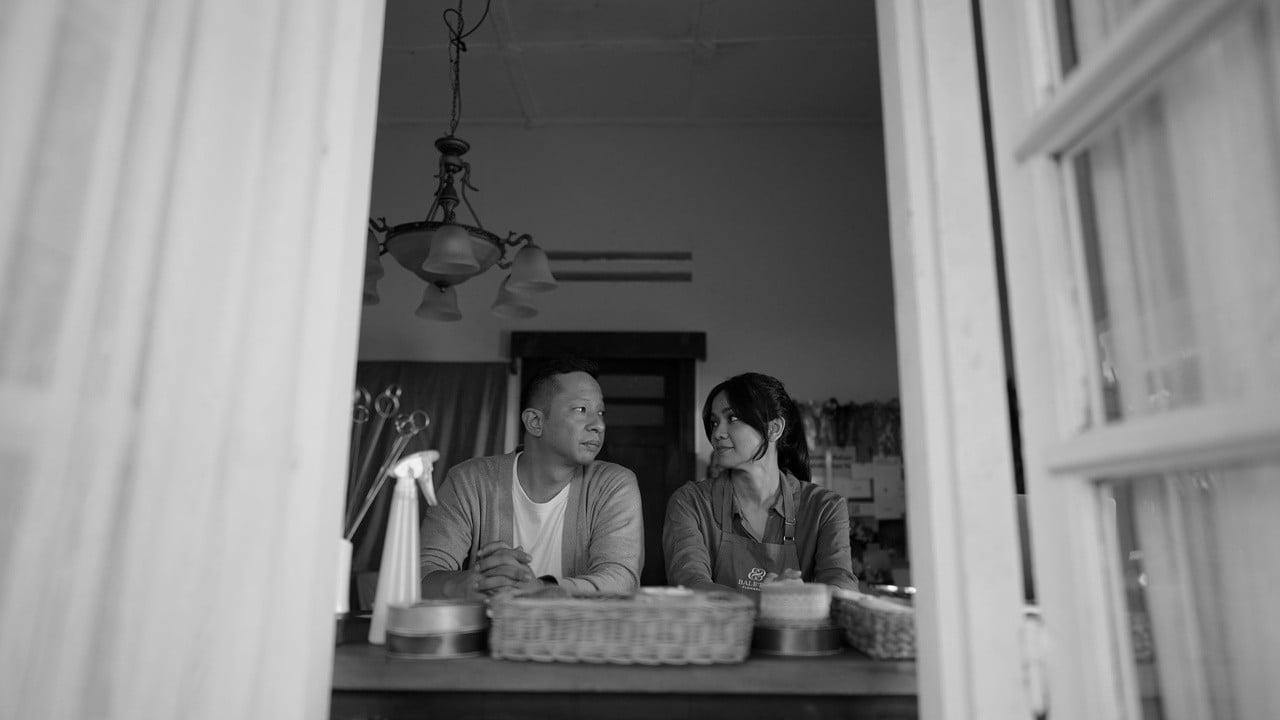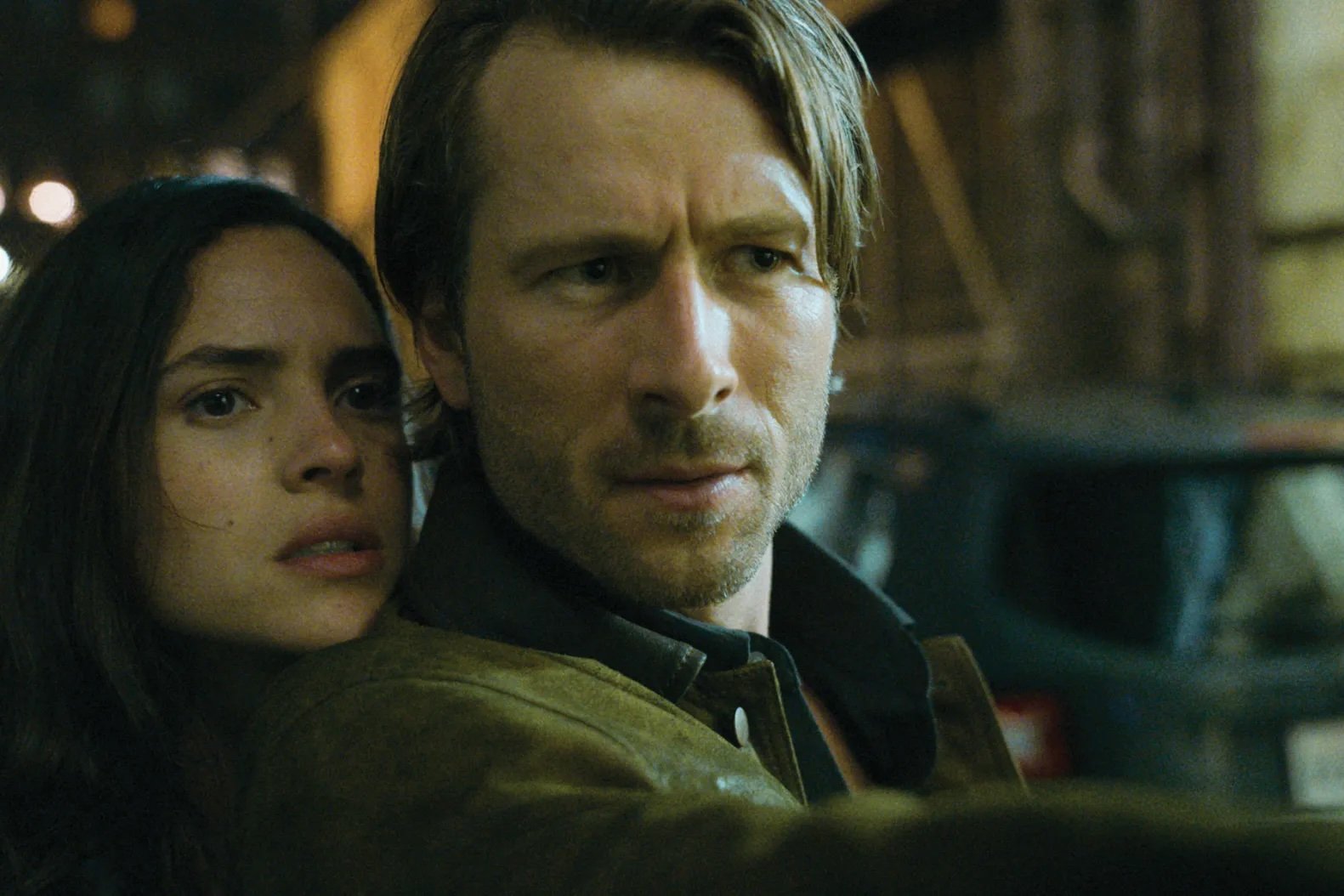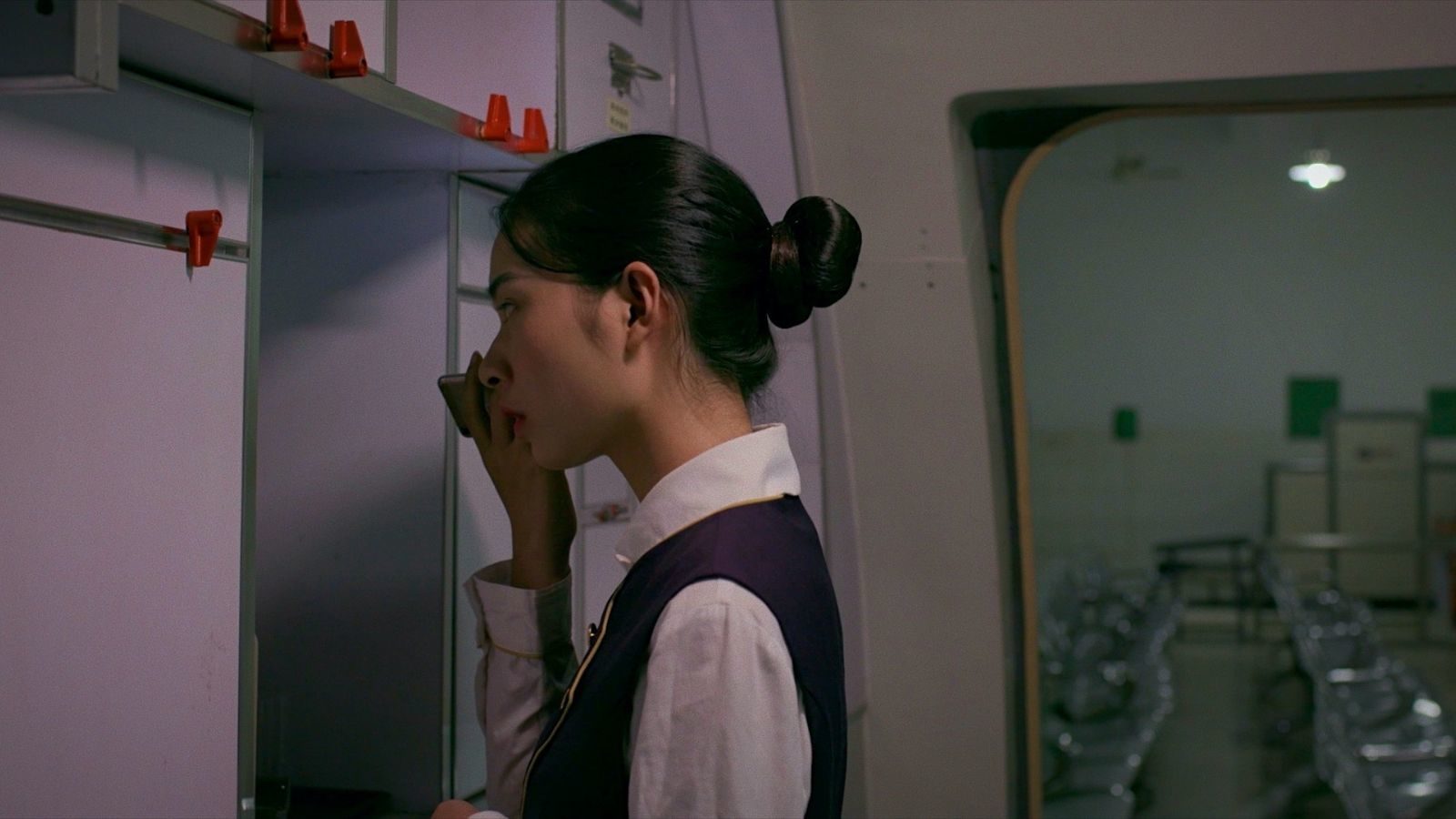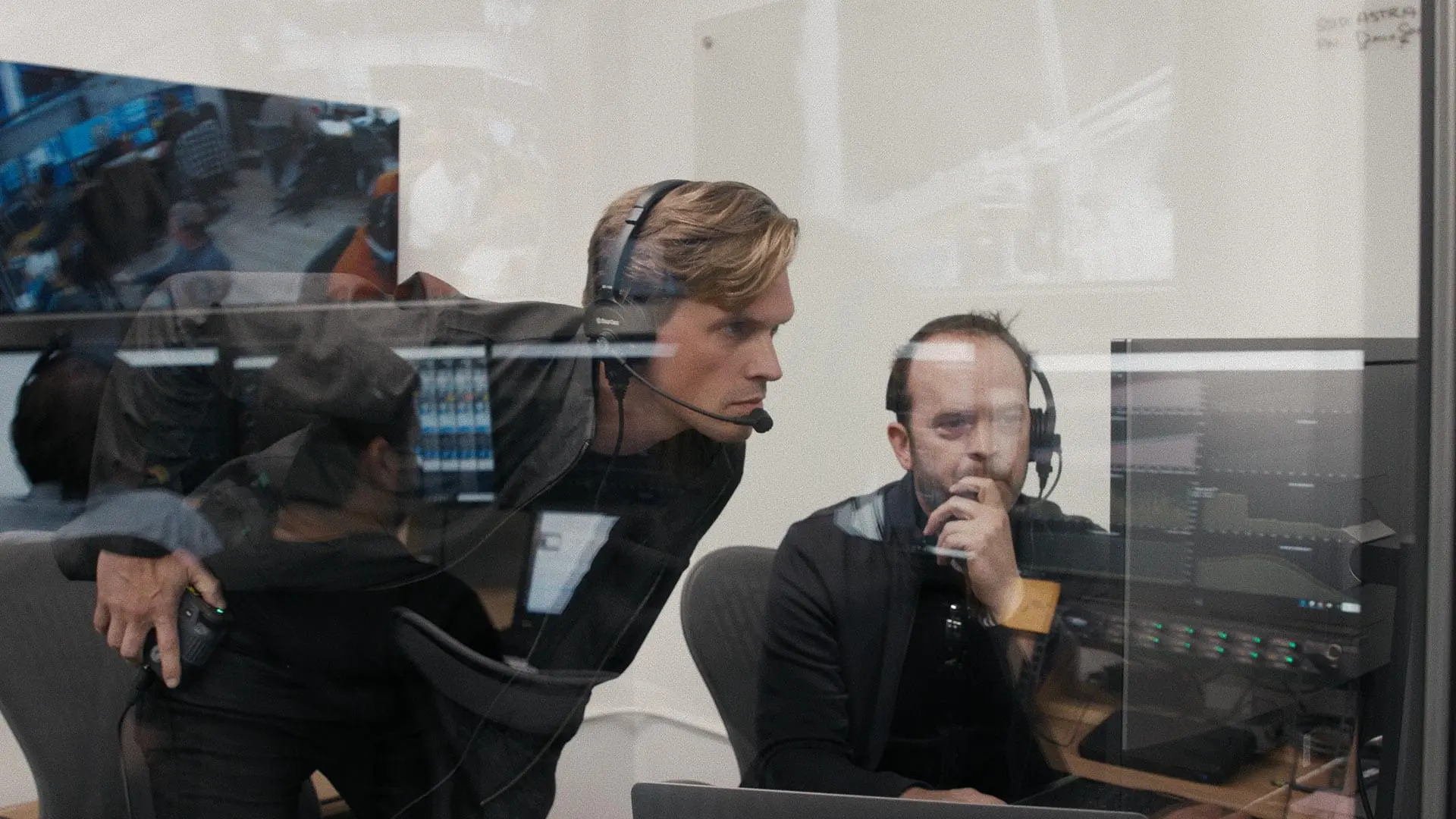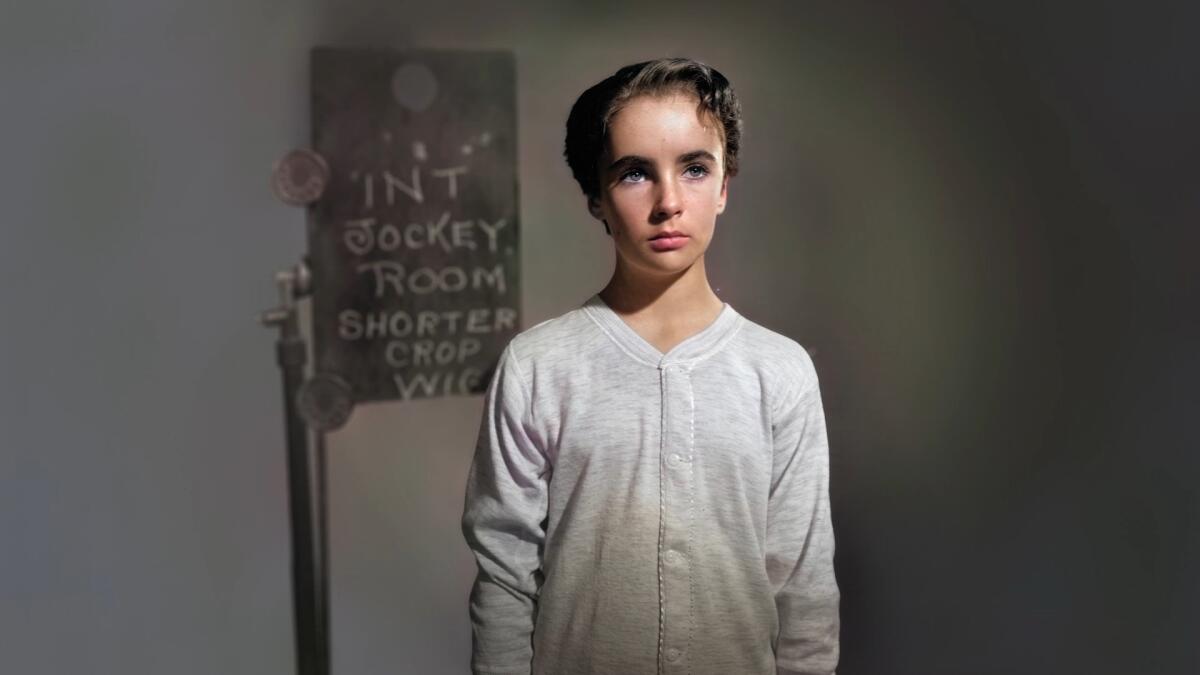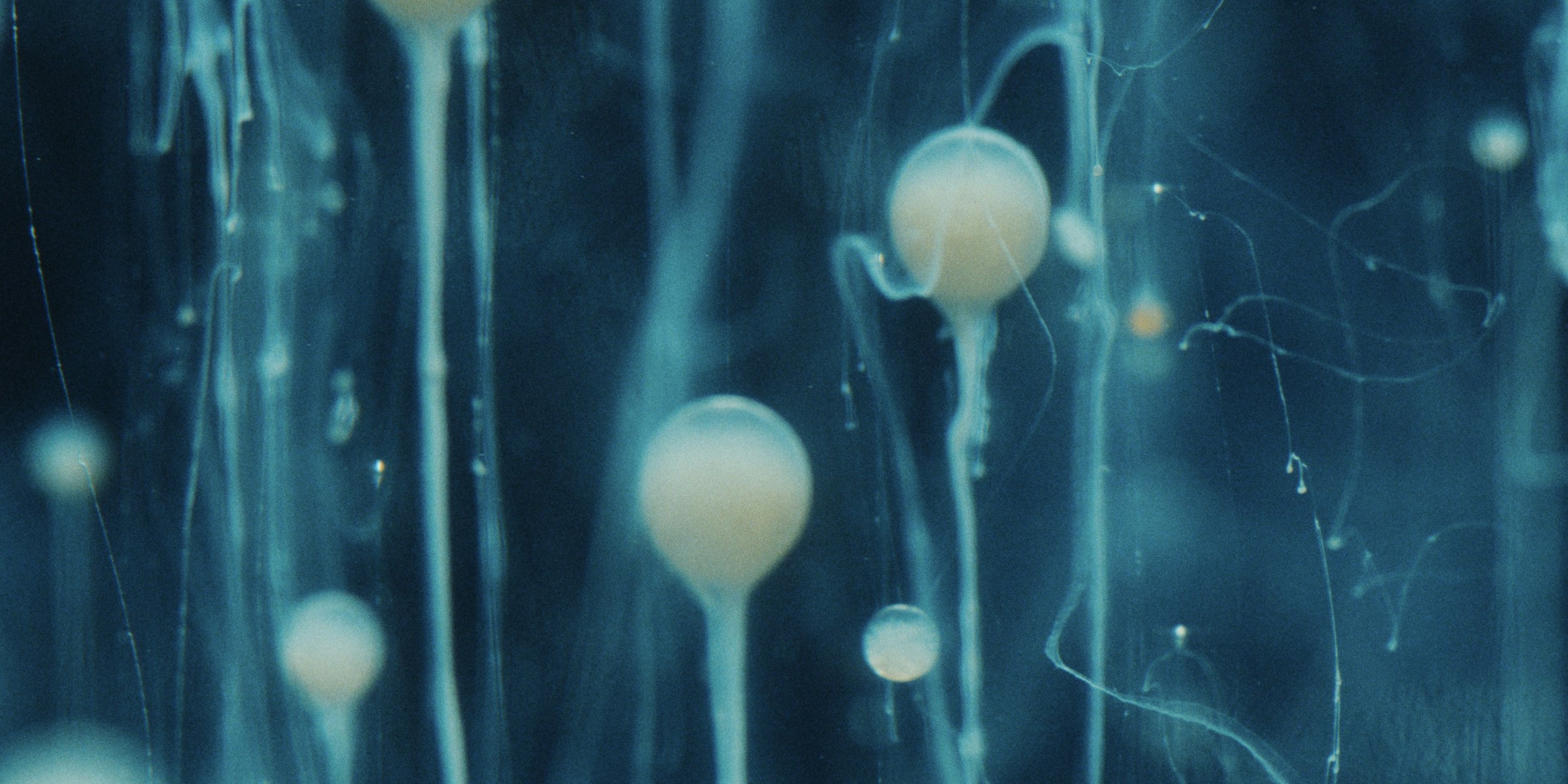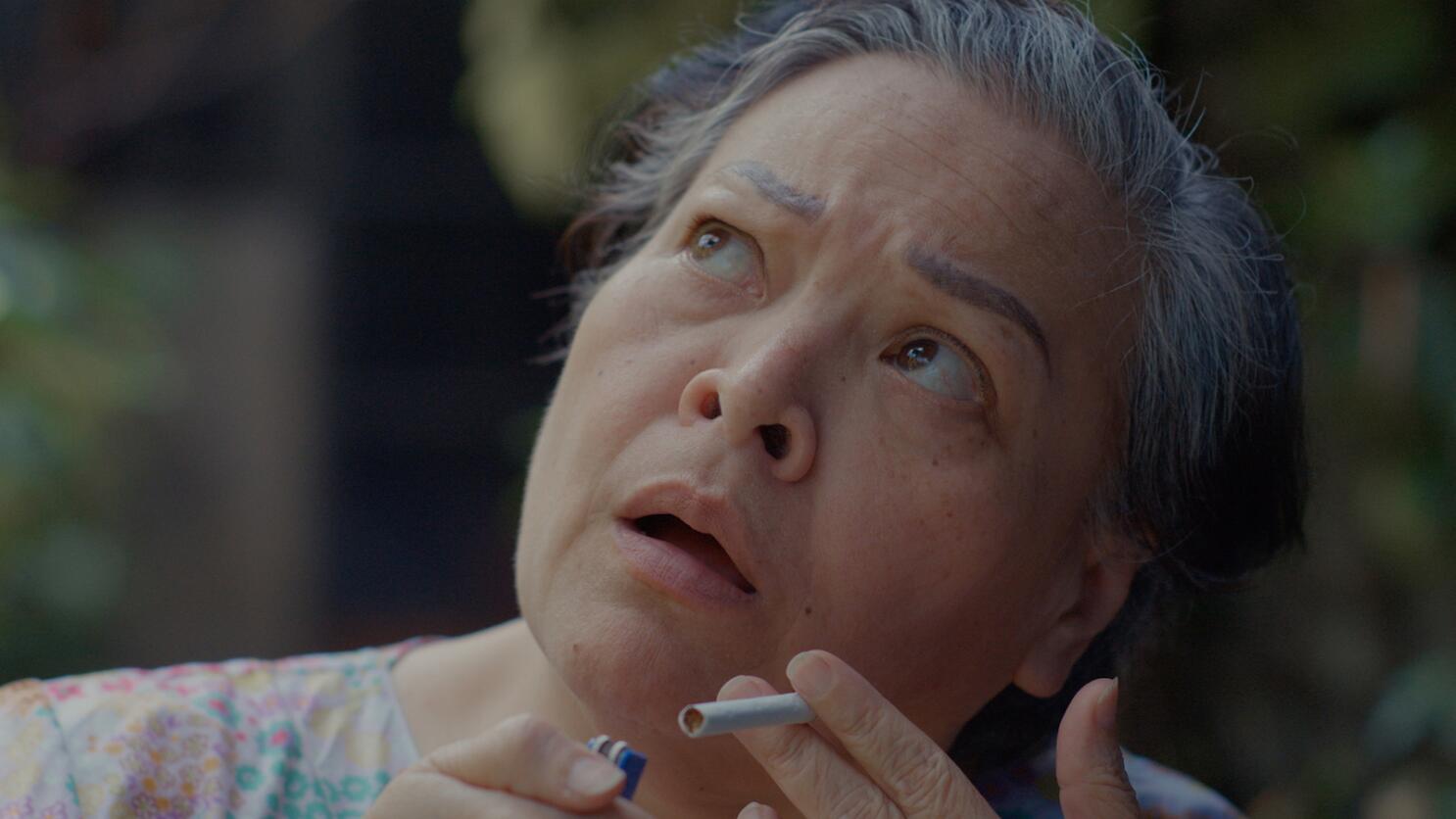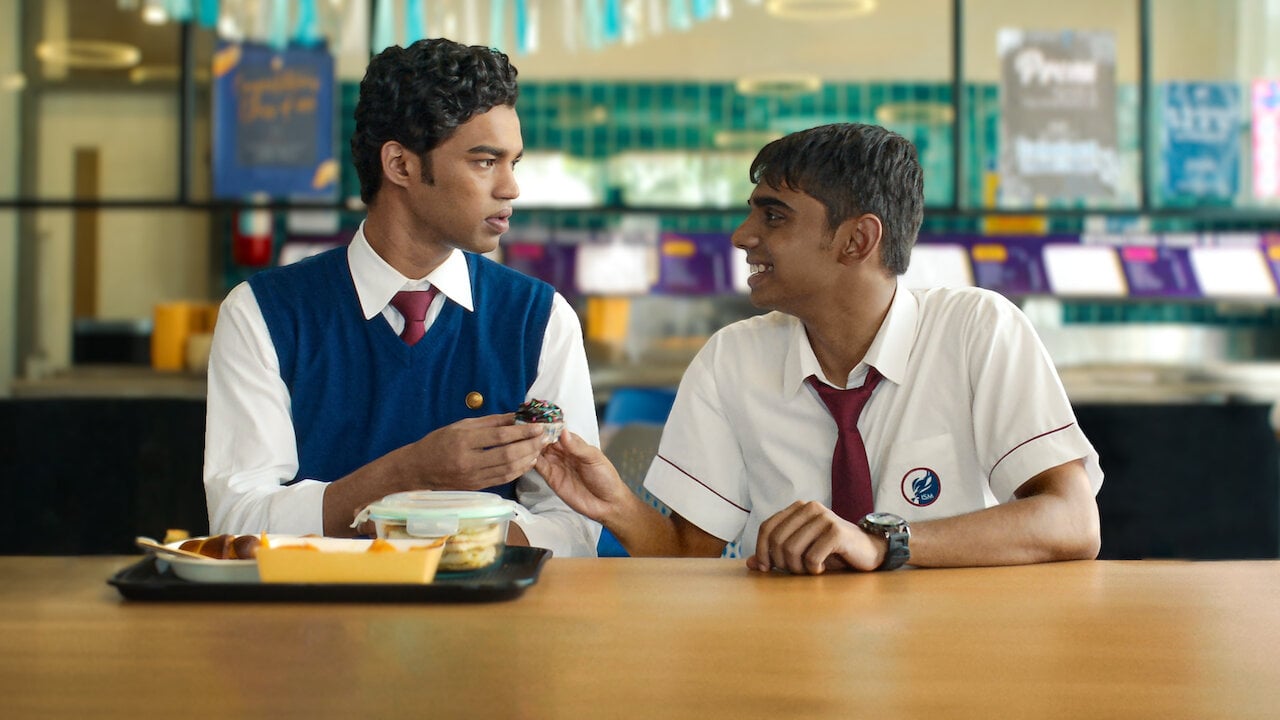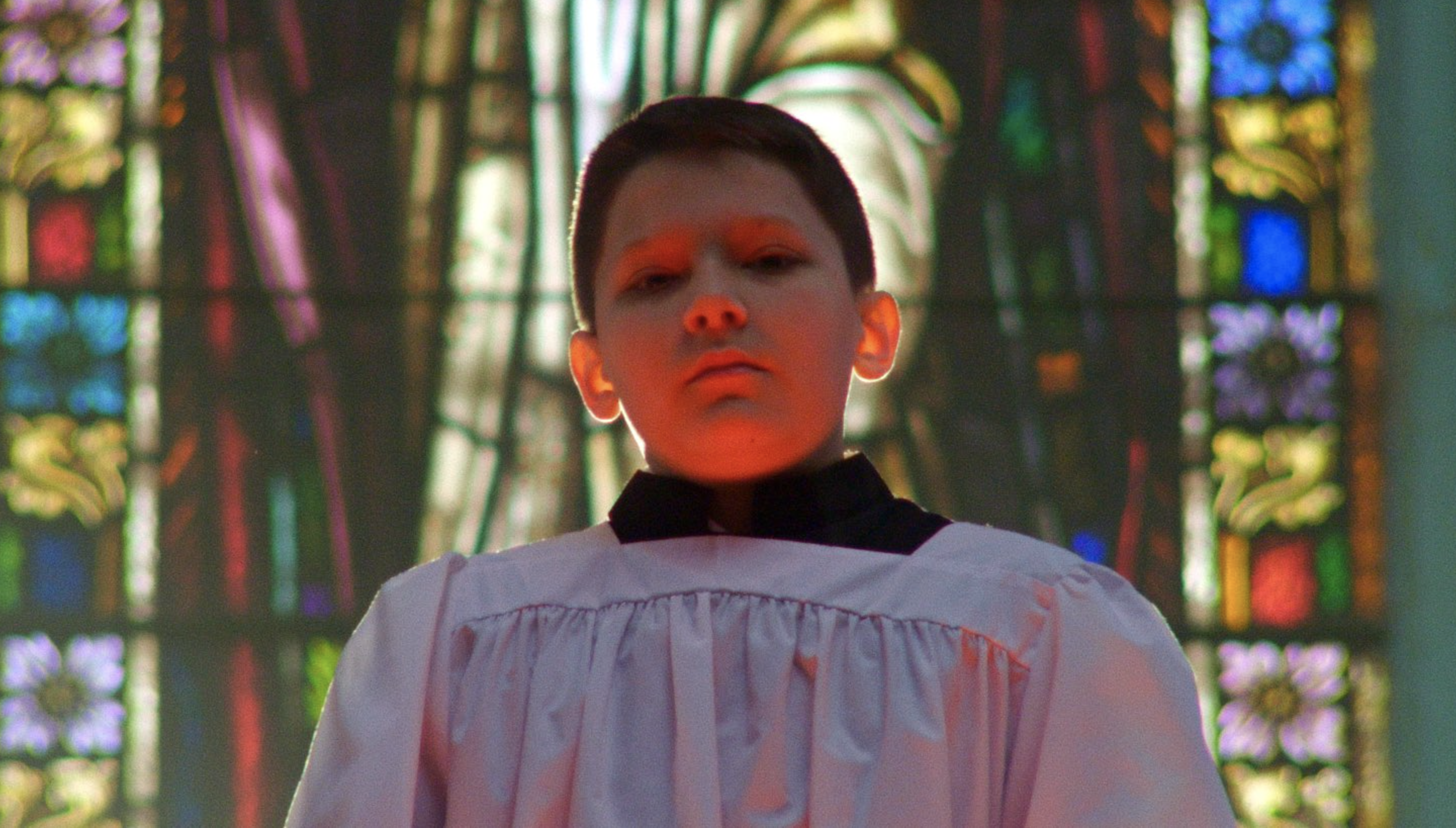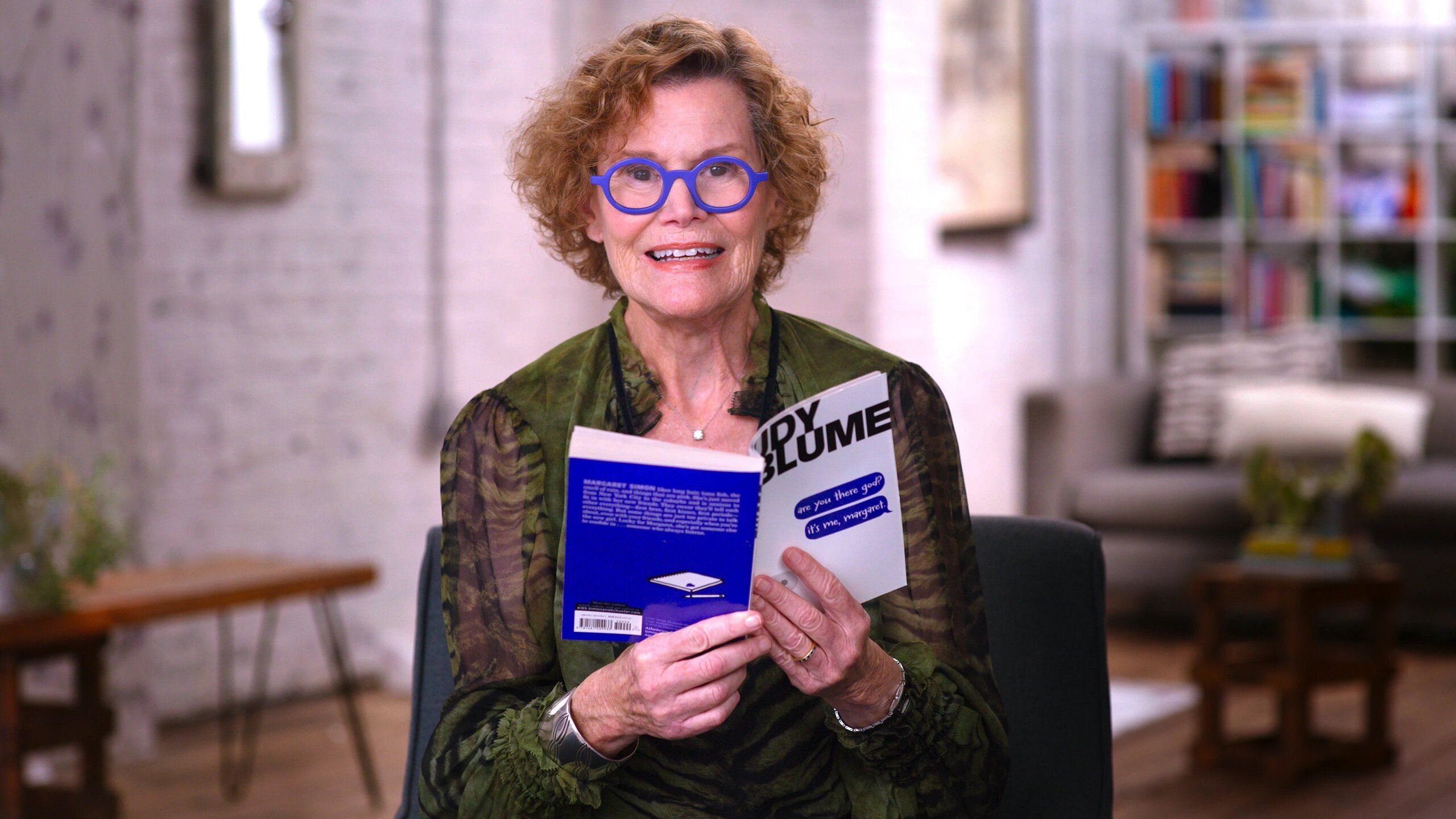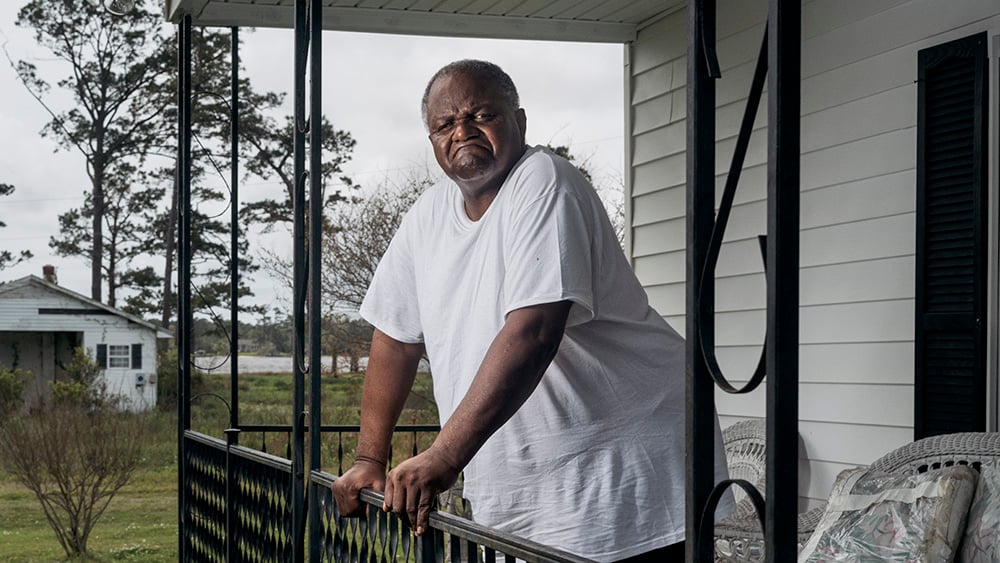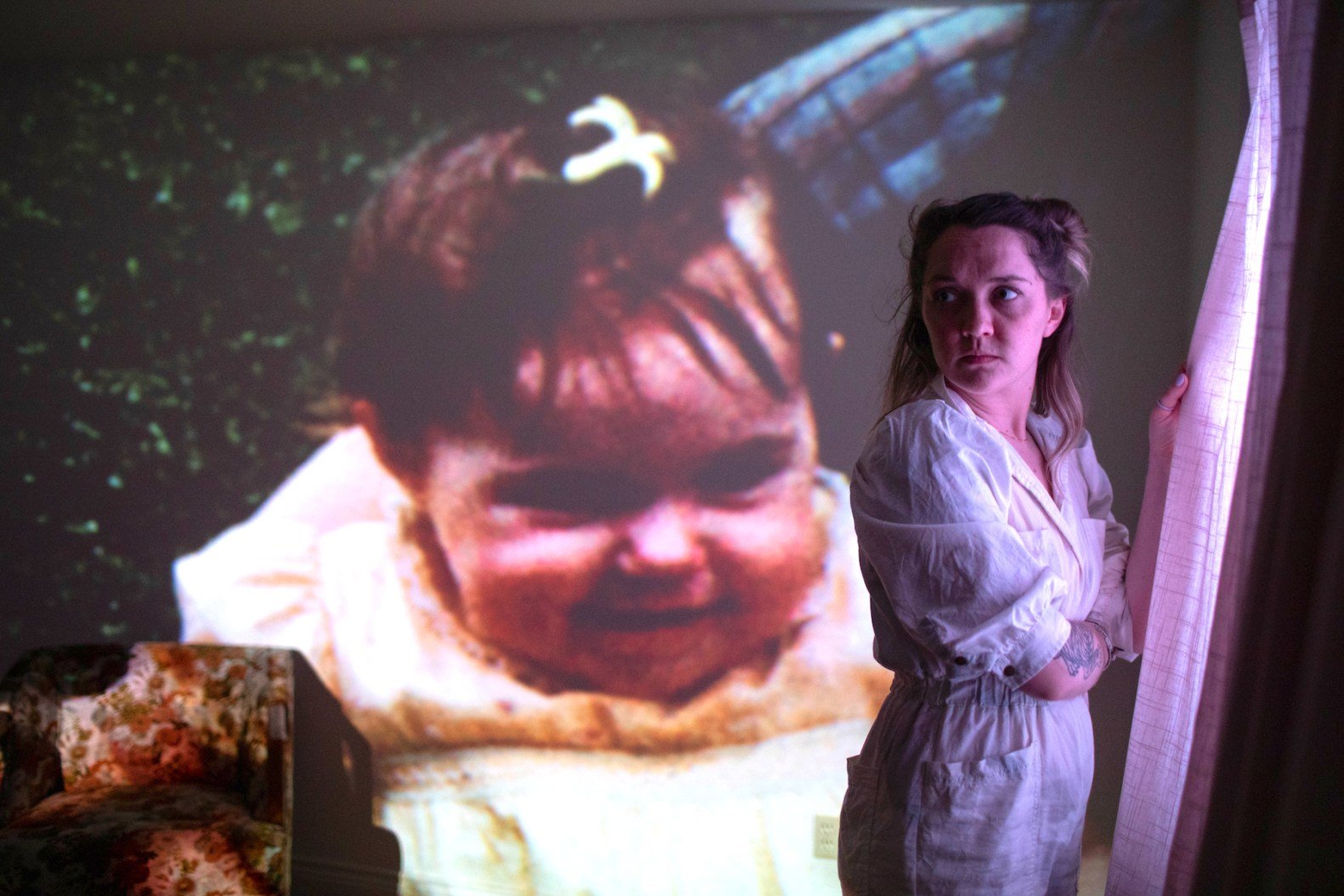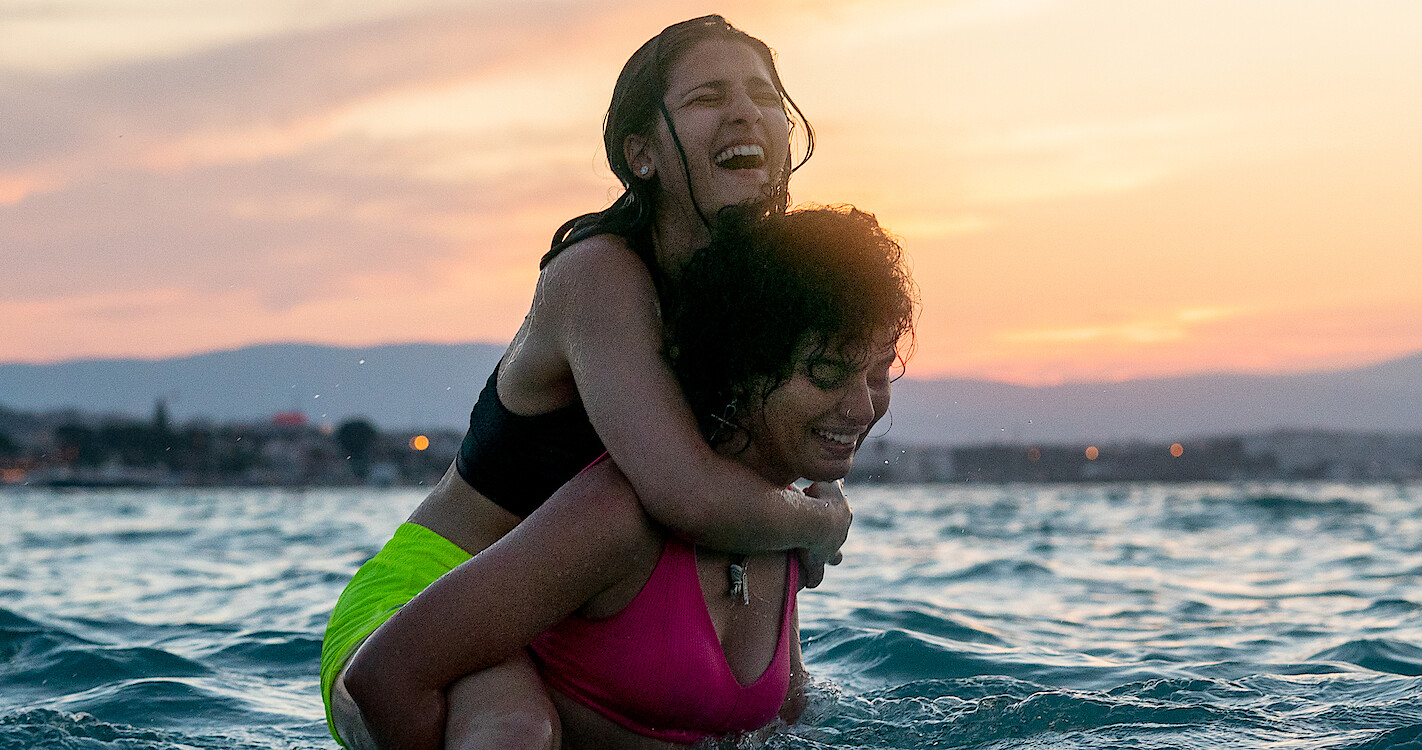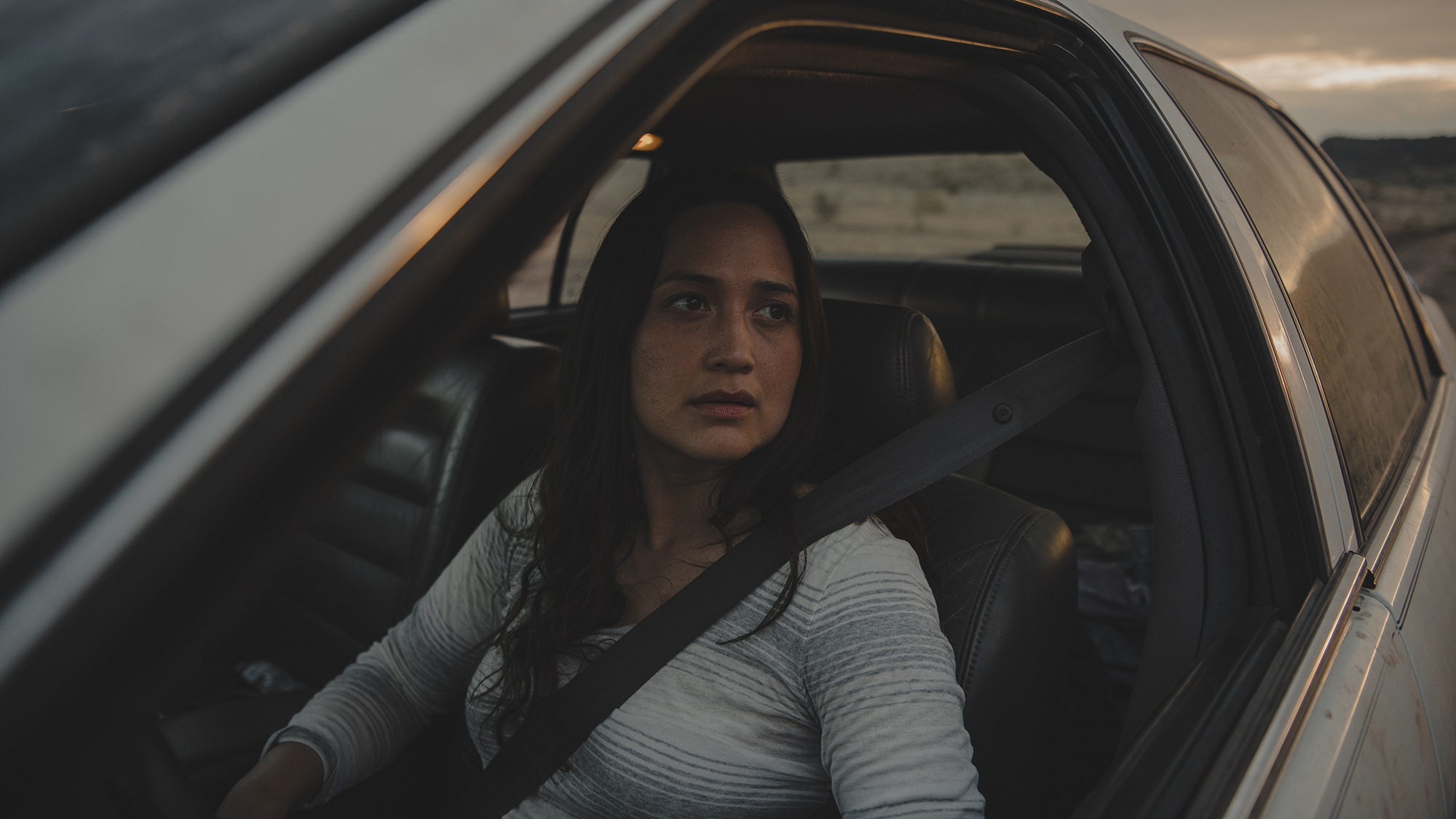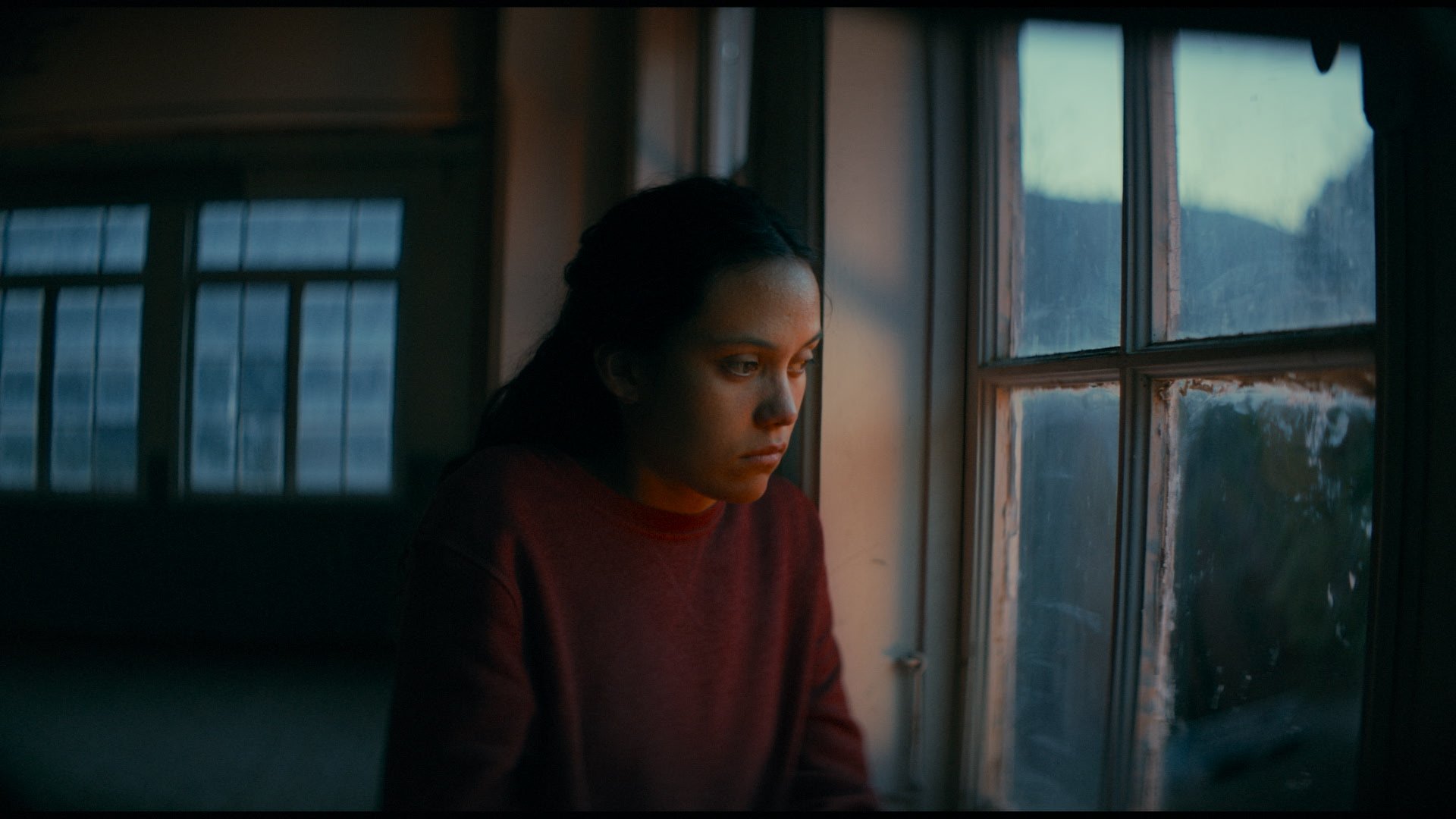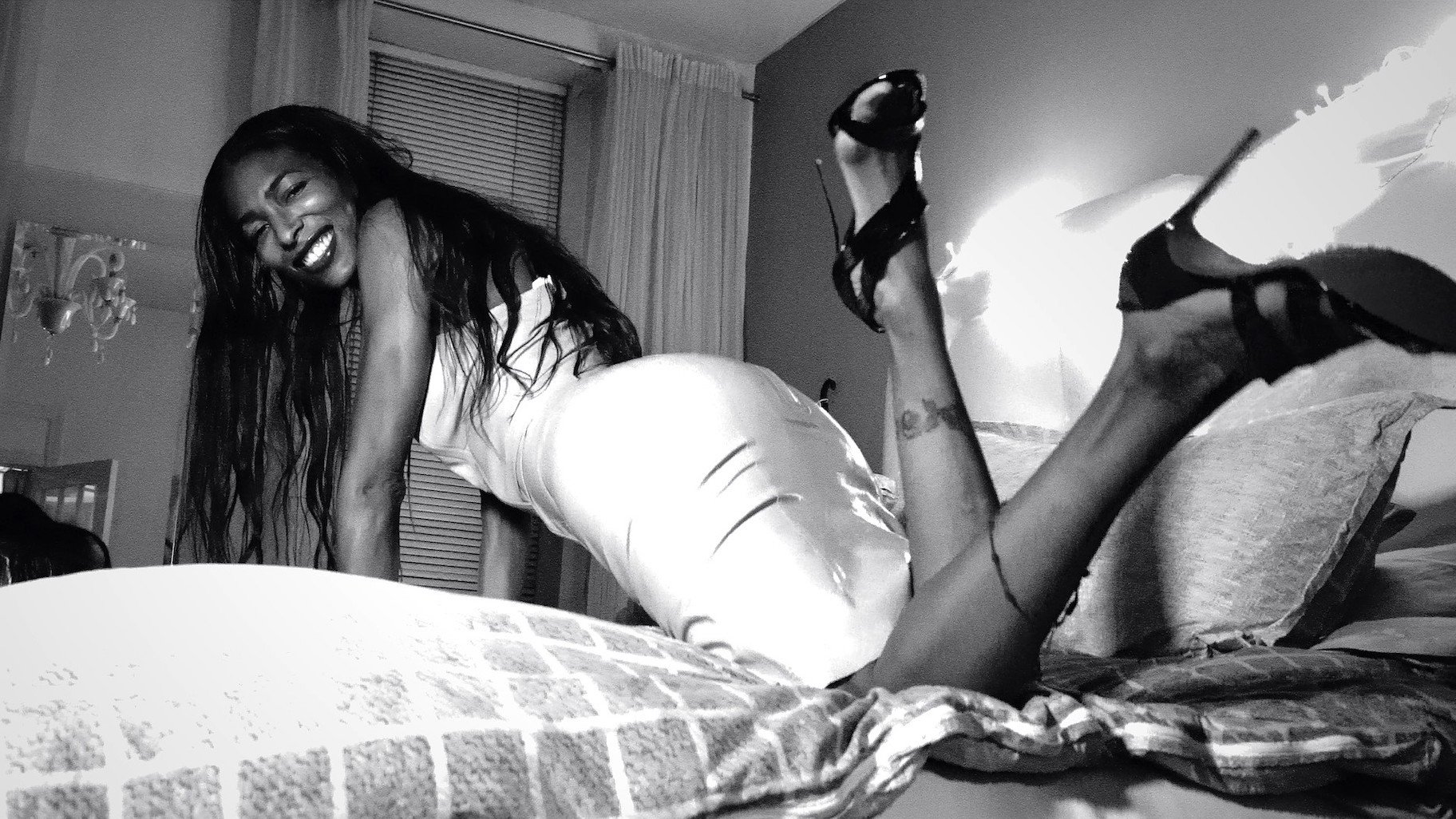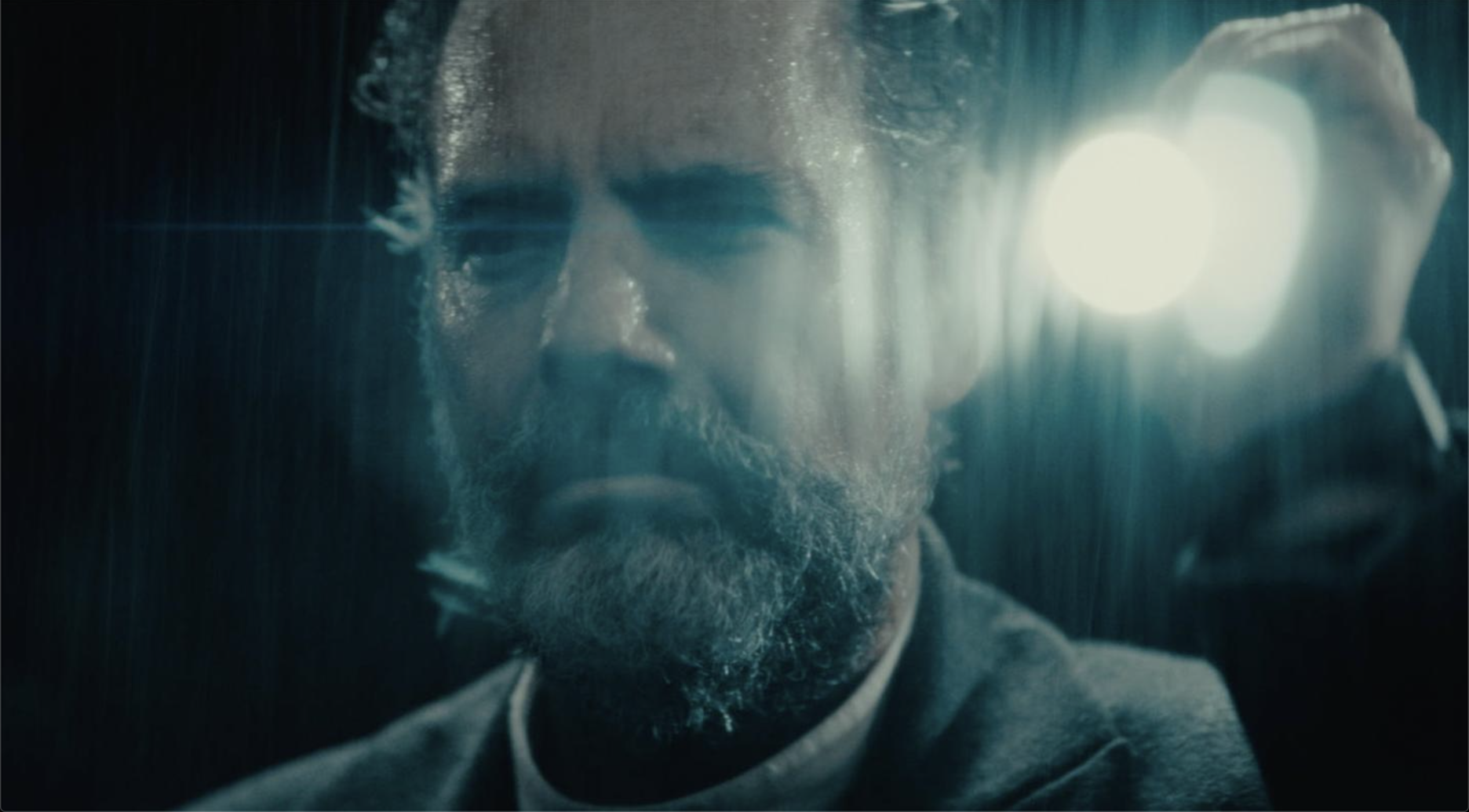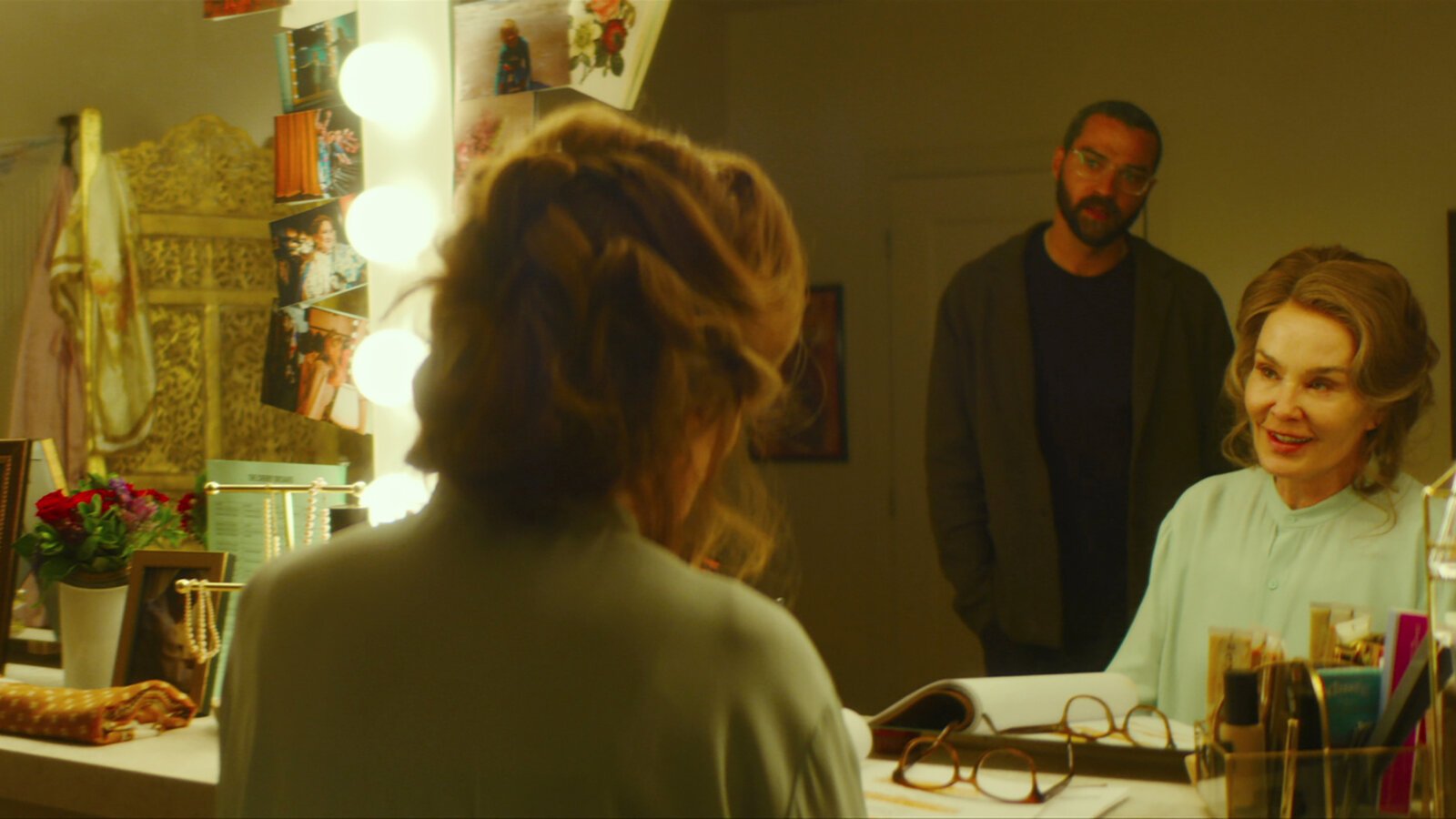Movies Like Avatar (2009)
Not everybody holds a good relationship with their sisters, but ideally, we get to reunite and repair things in a good time. Unfortunately, for some families, the only time they reunite is due to a parent nearly dying. This is the case in His Three Daughters, where the three sisters meet after years living apart. […]
“The healing power of art” sounds cheesy, but it’s a statement made beautiful and true in Ghostlight. It’s the sensitively told and wonderfully performed story of an ordinary man who, up until this point, doesn’t even know how Romeo and Juliet ends. That’s how detached he is from art. But when Rita (Dolly de Leon) […]
For the longest time, television seemed to be the antithesis to reading– part of that belief still lingers to this day. However, just before the turn of the millennium, there was a show that didn’t find itself opposite to it, instead, it wanted to be its ally. That show was Reading Rainbow. Butterfly in the […]
Only a few people in Dita’s house are related by blood, but you wouldn’t know that by how they move. They’re tight-knit but argumentative, loving at times but spiteful in other instances. In other words, they’re complicated just like any other family. Housekeeping for Beginners makes a compelling case for the validity—and at times necessity—of […]
Mountain Queen isn’t just a movie about a professional mountain climber, although Lhakpa Sherpa is certainly impressive as she trudges through the deathly terrain of Everest (and at 50 years old at that!). It’s also the heartbreaking story of a broken family in repair. Sherpa reveals shocking details about her abusive husband, fellow climber Gheorghe […]
Frida Kahlo is an iconic Mexican painter, not just because of her outstanding art, but also because of her outlook in life, despite her ill health and tragic accident. Because of this, she has been talked about in multiple books, movies, and exhibitions, but a new documentary has popped up, this time from her own […]
We’re familiar with dick jokes from stand-up comedians, especially male stand-up, but Jacqueline Novak’s 90-minute show about the blow job feels completely new. Get on Your Knees feels like casual storytelling from someone experienced yet distant enough to be a cool authority on it (say, your best friend’s older sister’s best friend), but funnier. It’s […]
In 1914, Sir Ernest Shackleton set out to the Antarctic in the hopes of making the first land crossing on the continent. His ship, the Endurance, couldn’t complete the journey, and so Shackleton and his crew had to pivot from setting a record to simply surviving. Almost a century later, a group of scientists are […]
After the La Manada rape case in 2016, it was necessary to document this event, especially since the widespread national outrage and demonstrations managed to move the country to change the way Spain defines consent. You Are Not Alone: Fighting the Wolf Pack documents this arduous journey. While it’s done through the familiar Netflix true […]
At times of great societal turmoil, sometimes stars are born, not just to entertain the masses but to challenge the way things are done. Amar Singh Chamkila is one such star, and his music captivated all of Punjab in part due to his brash lyrics. His assassination remains unsolved, but director and co-writer Imtiaz Ali […]
Fire of Love is a documentary that follows Maurice and Katia Krafft, a scientist couple who’ve dedicated their entire professional lives to studying (and marveling at) volcanoes. The two met at university and have been inseparable ever since, chasing explosions around the world until their death at the Mount Unzen eruption in 1991. The fiery […]
Frybread Face and Me is a little indie gem: though rough around the edges, it’s full of charm and heart. Drawn from its director’s own childhood experiences, the movie charts a formative moment in the life of Benny, a city boy of Navajo, Hopi, and Laguna Pueblo heritage who’s carted off to his grandmother’s ranch […]
With the internet able to connect people from miles away, the concept of the one that got away has become unromantic– after all, with instant messaging, their distance just means that you’ve been ghosted. But for the longest time, romance stemmed from the fated circumstances that kept or lost love, and this is excellently portrayed […]
Abel Ferrara’s protagonists have always searched for higher meaning in a flawed, messed-up world of pain and violence. If 1992’s Bad Lieutenant took Harvey Keitel to church for one of American indie cinema’s most spectacular endings, Padre Pio doesn’t offer such solace. Ferrara (who’s been living and working in Rome for years now) teamed up […]
After years of documentaries covering Thailand’s controversial issues, some of which have been temporarily banned by the Ministry of Culture, Nontawat Numbenchapol takes a step into feature film in Doi Boy. The plot covers plenty of the topics he’s previously depicted– immigration, prostitution, and corruption– but it unfolds naturally into a slow-paced, but moving drama […]
Given the title, it isn’t surprising that Falling in Love Like in Movies would be a metanarrative with the main romance mirroring the filmmaking and the filmmaking reflecting the main romance. It’s a familiar approach, and at first, Falling seems to follow the inevitable ending where the couple falls in love, but right on time, […]
Hit Man is many things—a romance, neo-noir, comedy, and thriller. And though it sometimes feels like it doesn’t quite reach its full potential in all those areas, it’s hard not to be blown away by Powell’s Rolodex of characters and his palpable chemistry with Arjona. The story itself isn’t as sturdy as I hoped it […]
At two hours and nearly 30 minutes, Stonewalling is quite long. The third film from spouses Ryuji Otsuka and Huang Ji takes place in slow, slice-of-life moments, centered around a female lead that mostly doesn’t actively make choices for her own life, so it can feel frustrating to watch. But as the film unfolds, Lynn’s […]
Backed by hefty research, dramatized by great players, and made relevant by the current and future impact aerospace has on the human race, Wild Wild Space makes for a surprisingly thrilling watch. Like the title suggests, outer space is a gold mine of opportunity right now, and the three startups the film zeros in on—Astra, […]
Given a budget from Netflix to make a documentary on Korean film, some would have chosen instead to make one for big Korean filmmaking personalities like Academy Award winner Bong Joon-ho, who is featured here. However, director Lee Hyuk-rae instead creates Yellow Door, a love letter to the ‘90s film club that inspired a generation. […]
In 1966, Elizabeth Taylor and her friends recorded themselves talking about the ups and downs of her life. These candid conversations are the basis of The Lost Tapes, a revealing tell-all that allows Taylor to set the record straight in her own words. Here, you get to see and hear the many parts of Taylor–her […]
You don’t need to know a lot about baseball to appreciate The Saint of Second Chances. It has enough going on to keep you hooked from start to end, beginning with Jeff Daniels’ inimitable voice as the narrator and Charlie Day’s inspired casting as the younger Veeck, all the way down to the Veecks’ fascinating […]
For people having difficulty bearing a child, artificial insemination is one way to go for parenthood, but going to sperm banks can be expensive, shrouded with too much anonymity, and have had many incidents of malpractice. Some people would rather take things into their own hands. Spermworld explores the journeys of three different internet sperm […]
At times looking and sounding like a real Filipino action film from 50 years ago, while painstakingly edited to juggle storylines across several realities, Leonor Will Never Die is worth seeing for its originality and ambition alone. Among so many other films that function as sanitized “love letters to cinema,” this one bears the distinction […]
Friday Night Plan resembles many a classic teen film (most notably, Ferris Bueller’s Day Off and Booksmart), but it also doubles as a thoughtful inquiry into the delicate bond between siblings who could not be more different from one another. Sid and his younger brother Adi (Amrith Jayan) have different ideas of what matters most […]
Difficult but essential viewing, Procession tracks the progress of six men undergoing art therapy—specifically, by creating short filmed scenes to process their trauma from being sexually abused by Catholic priests. The resulting films we get to see are wildly varied in the emotions they express, forming a rich and powerful tapestry of the effects abuse […]
Elton John’s latest concert film follows the same structure as most current music documentaries: it splices present-day footage of the musician doing his latest (and final tour) with flashbacks of his past. In either rare archival footage or lovely animation, we see snippets of his troubled childhood, his serendipitous meet-up with writing partner Bernie Taupin, […]
Judy Blume, the author behind enduring classics like Are You There God? It’s Me, Margaret, Superfudge, and Forever, gifts us with her comforting presence and precise insight in Judy Blume Forever, a delightful documentary about a delightful woman. Here, Blume looks back and lets us in on the eventful private life that inspired her prolific […]
Silver Dollar Road isn’t a new story– it’s one of many that comes as a consequence of systematic Black land loss that continues to happen to this day. Director Raoul Peck tells it in a new way, completely focusing on the Reels family and hearing their story entirely, from the initial confusion to two of […]
Biographical documentaries tend to depict exceptional people– people who are so great that everyone wants to know about them, and people who are so terrible that they serve as a warning. Great Photo, Lovely Life depicts a serial sexual abuser in photojournalist Amanda Mustard’s family, able to get away with nearly all his crimes each […]
The Swimmers tells the true story of sisters Yusra and Sara Mardini (played by fellow sisters Nathalie and Manal Issa), Syrian swimmers trained to compete at the Olympics. When their athletic goals and overall safety are threatened by the increasing presence of war, the girls decide to take a chance and migrate to Europe, where […]
It’s hard not to watch The Unknown Country and think of Nomadland: along with similarities in their Terrence Malick-inspired visuals, both films follow lone women seeking catharsis on the road as they grieve profound losses. But Morrisa Maltz’s debut feature is a decidedly lower-key, more spiritual affair — and is all the better for it. […]
Inspired by the Spiniak case, Blanquita reimagines the infamous scandal through mirrored interrogations and disorienting viewpoints. Blanquita rewrites the original witness, whose fictional variant, in turn, rewrites the abuse faced by victims as her own. She is transformed from a clueless liar, into someone still a liar, but one that did so when every other […]
The idea of representation in movies is often limited to superficial gestures of putting on screen people who look a certain way. Kokomo City is a reminder of cinema’s possibilities when one really tries to queer filmmaking itself, with genuine queer voices driving a production. This documentary is messy and incredibly playful in its style—in […]
Based on four different books by Colombian author Mario Mendoza, The Initiated (or Los Iniciados) is perhaps too much of a good thing at times, as it struggles to have its many different pieces cohere into one thematic idea. These separate pieces are intriguing on their own, for sure: poisoned water supply, underground activists, the […]
The Great Lillian Hall doesn’t do anything particularly great to a familiar premise, but it’s still worth watching for the knockout performances. There’s Lange, whose dementia both complicates her desire to mount one last performance and resurfaces her guilt for being an absent mother. There’s Bates, who offers both sympathy and tough love. And then […]
























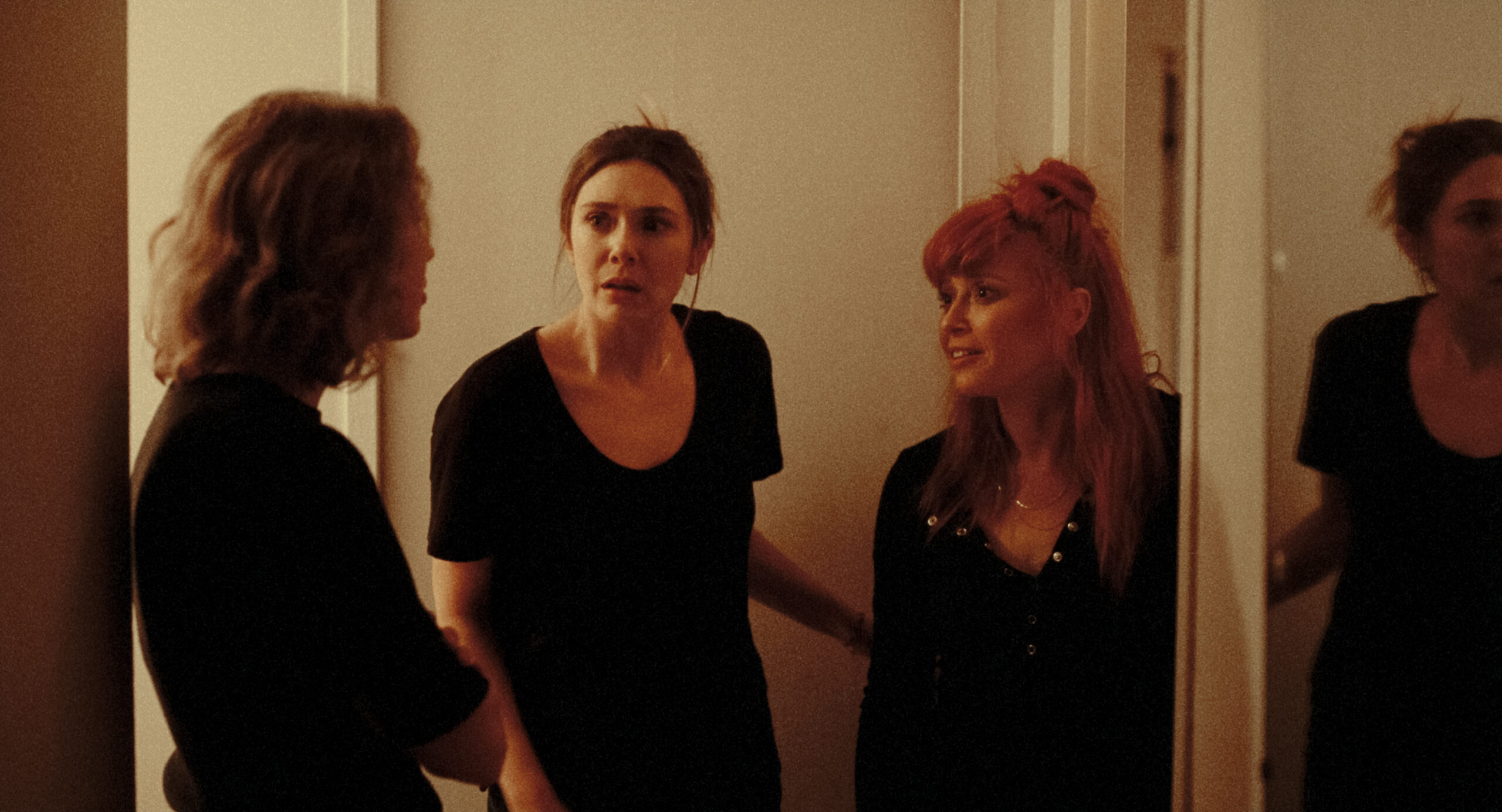
 x2
x2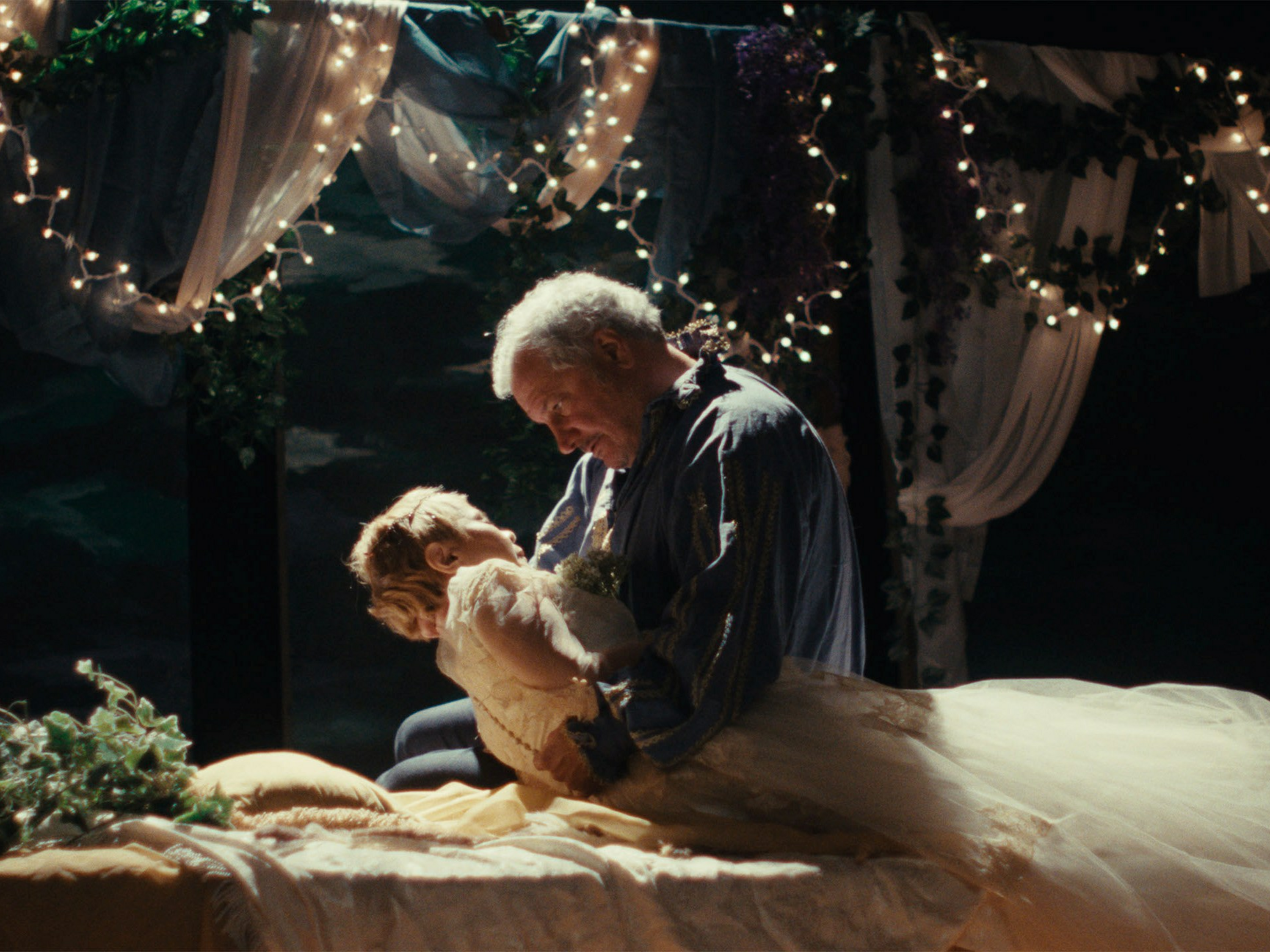
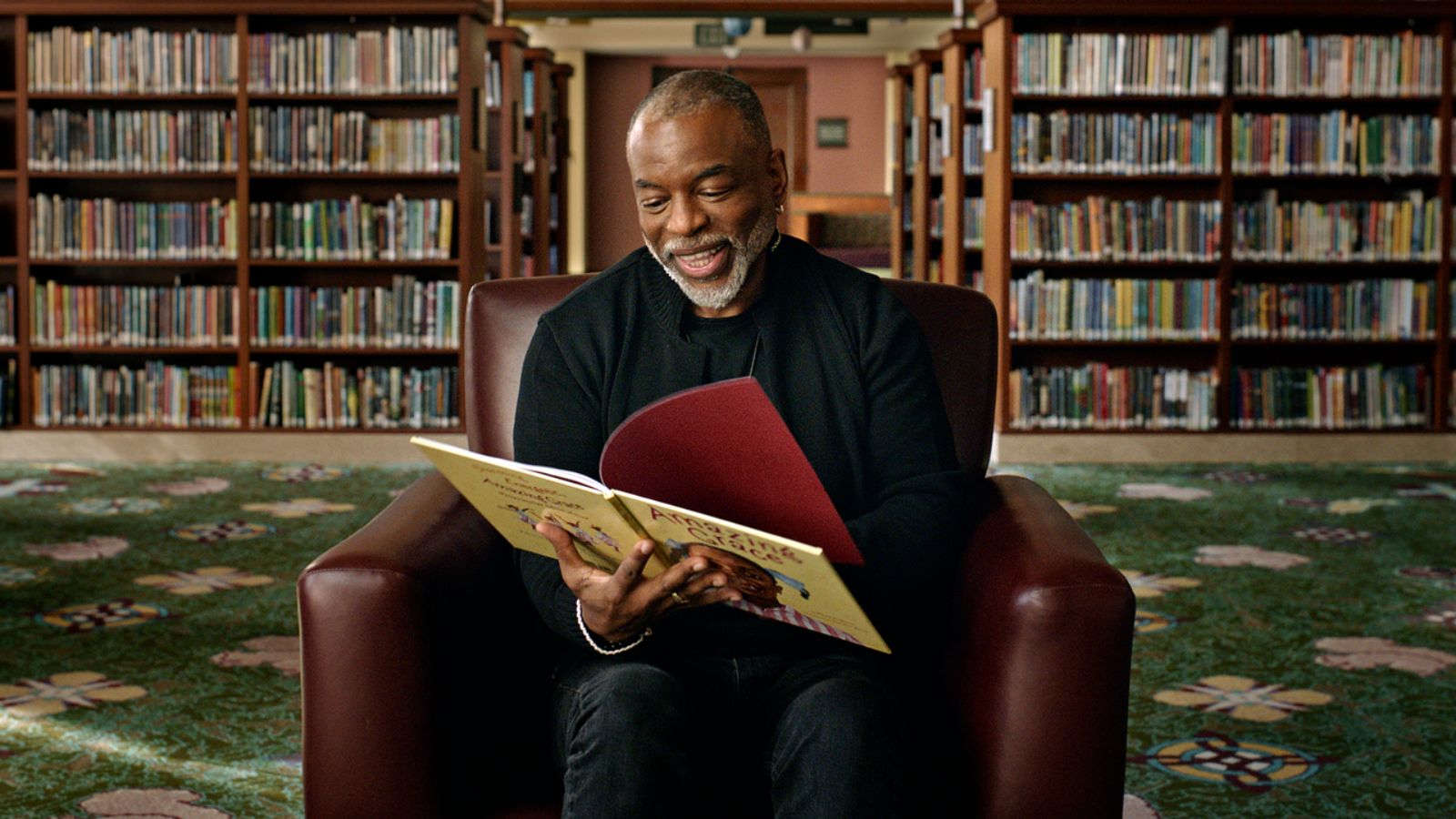
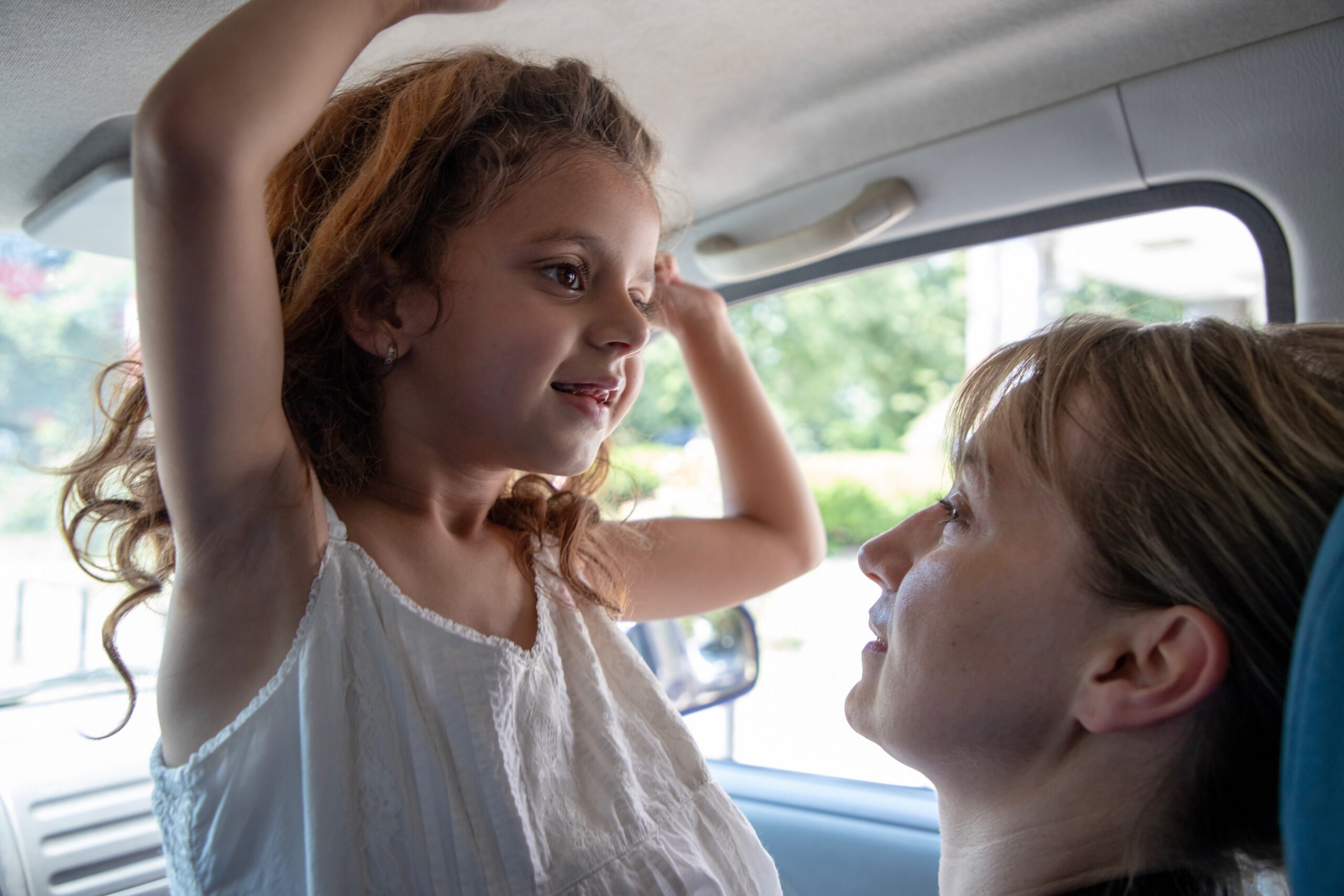
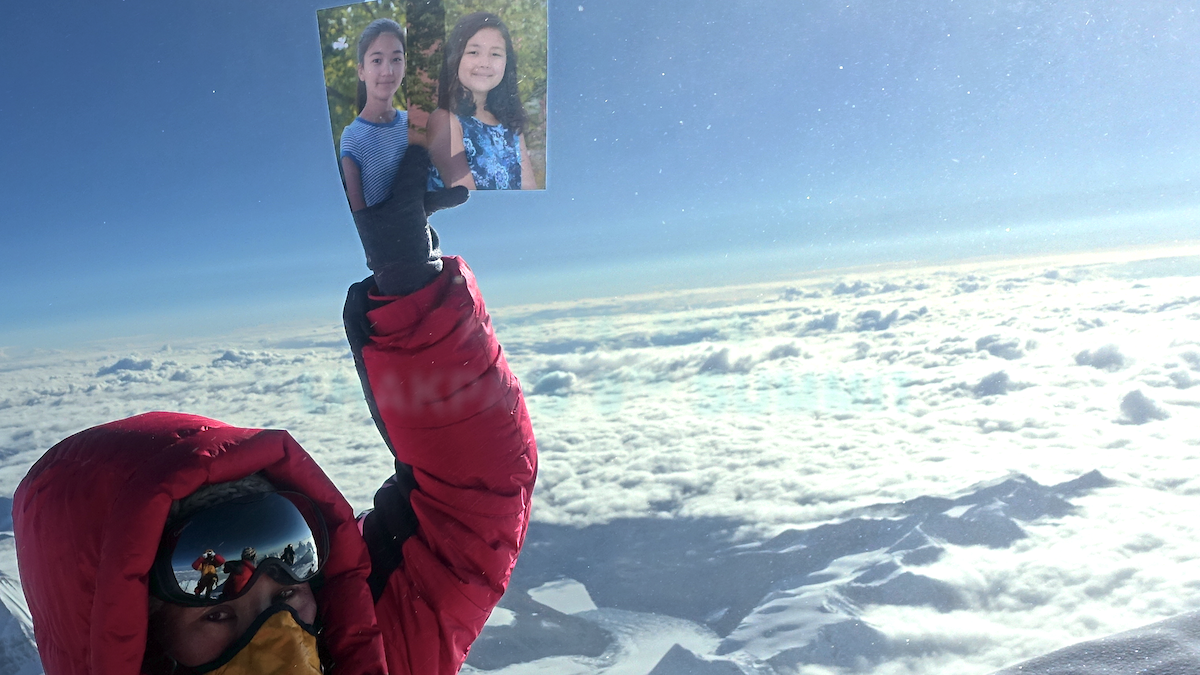
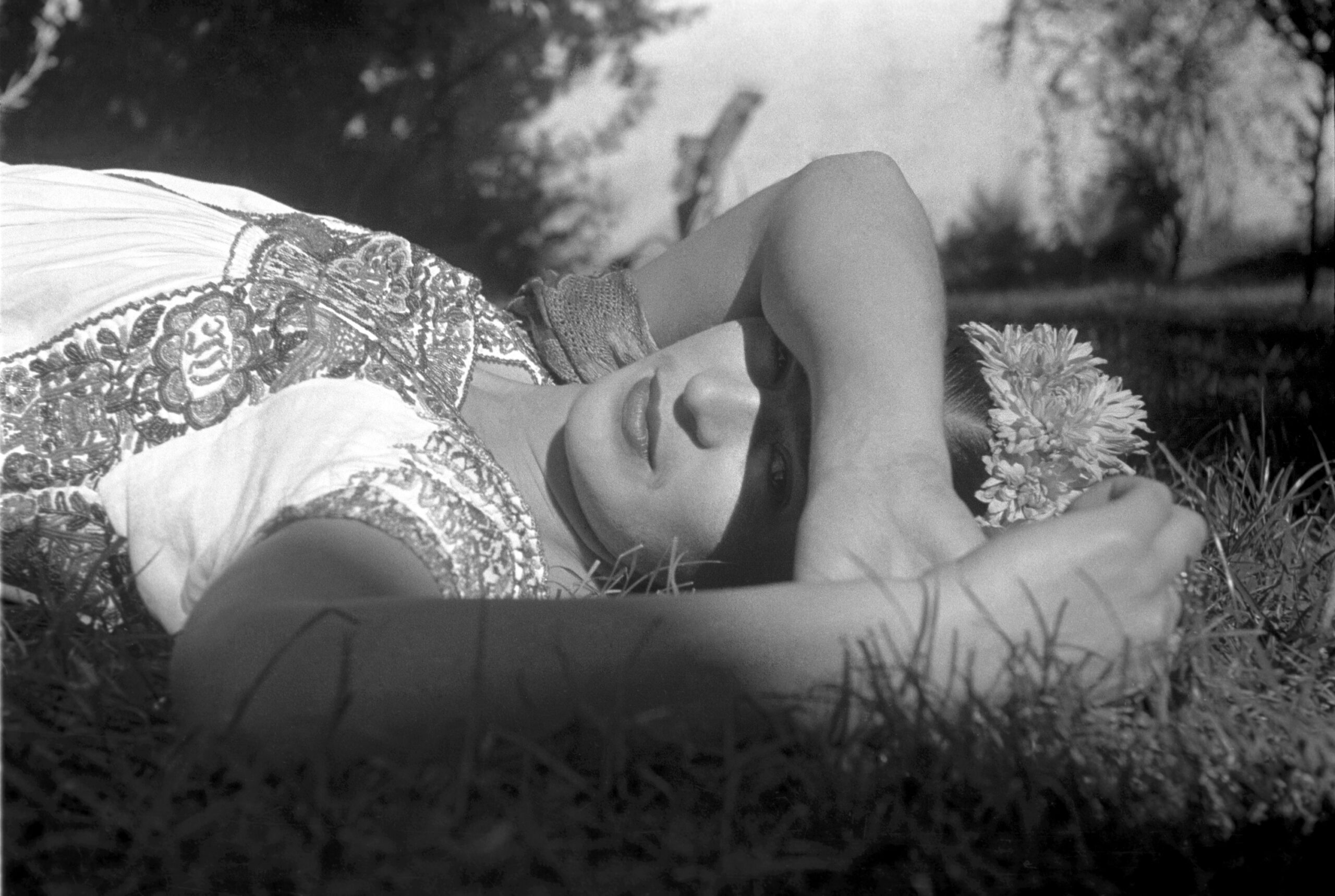
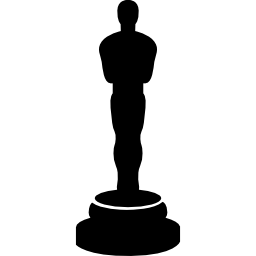 x6
x6

